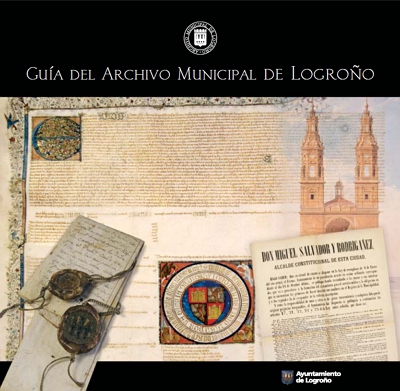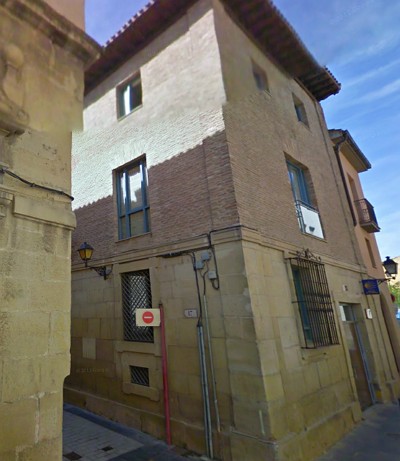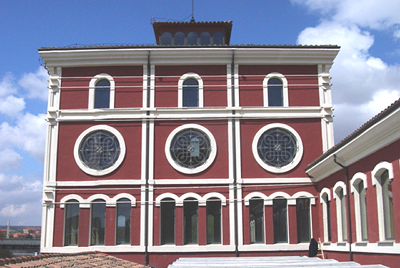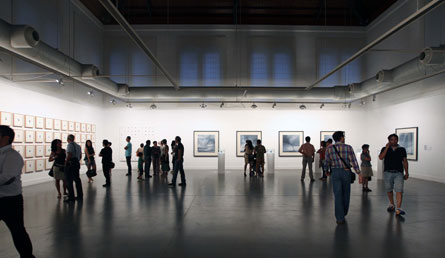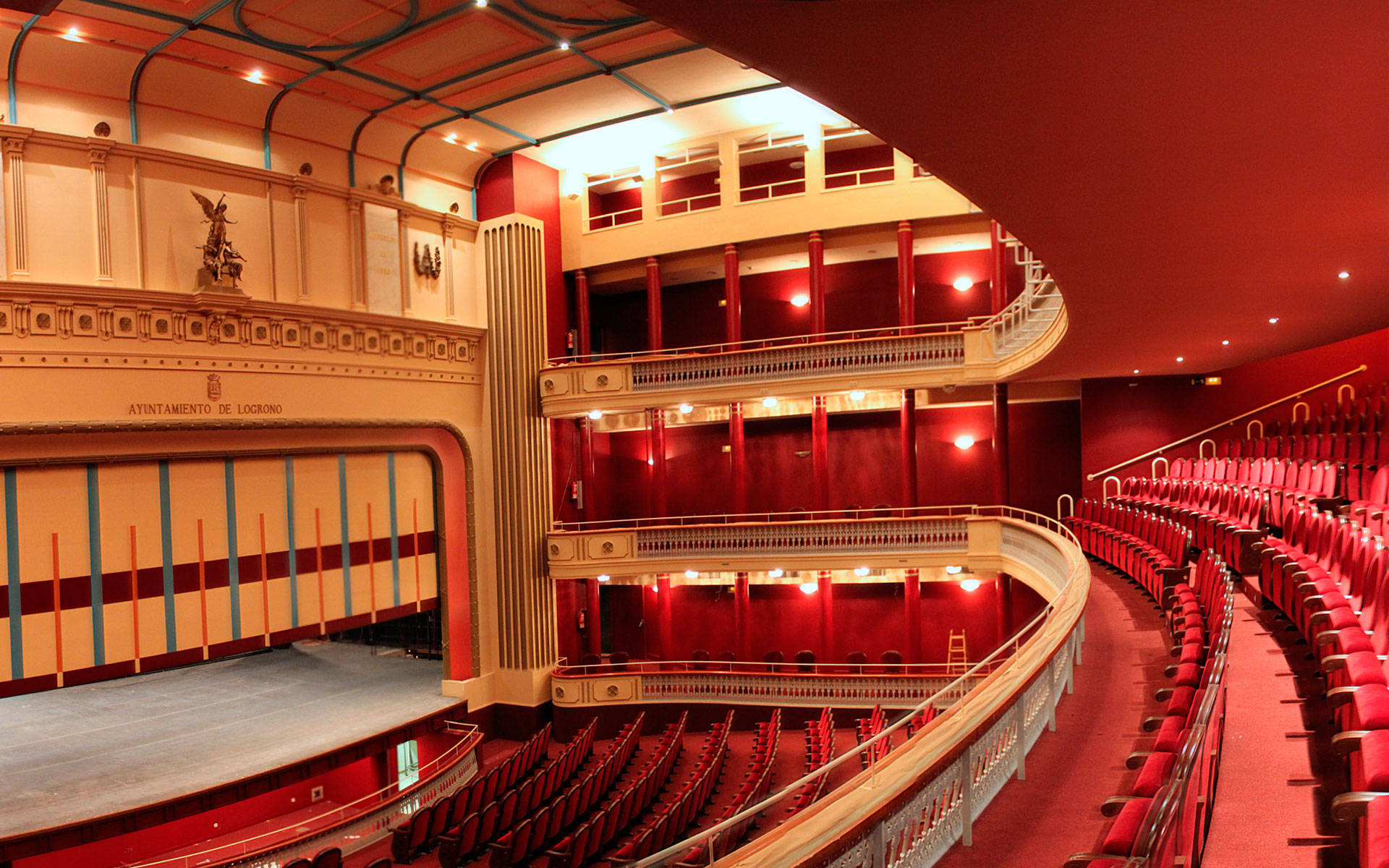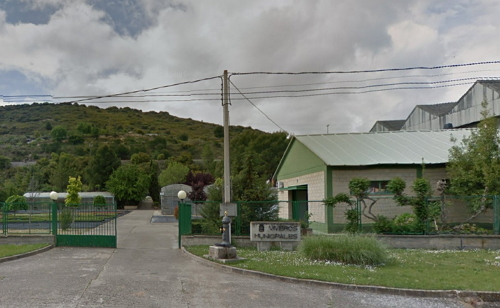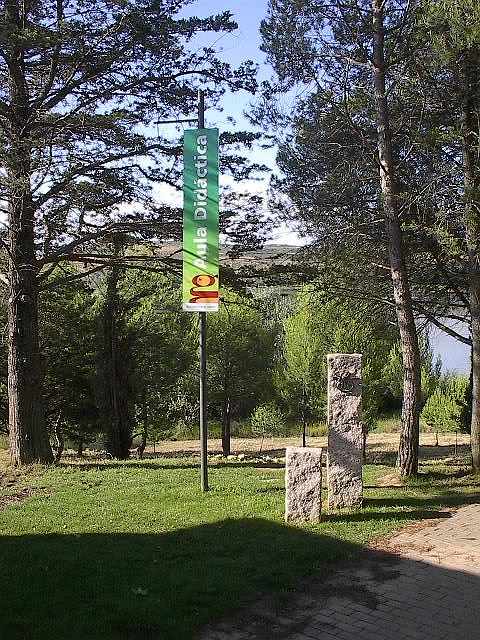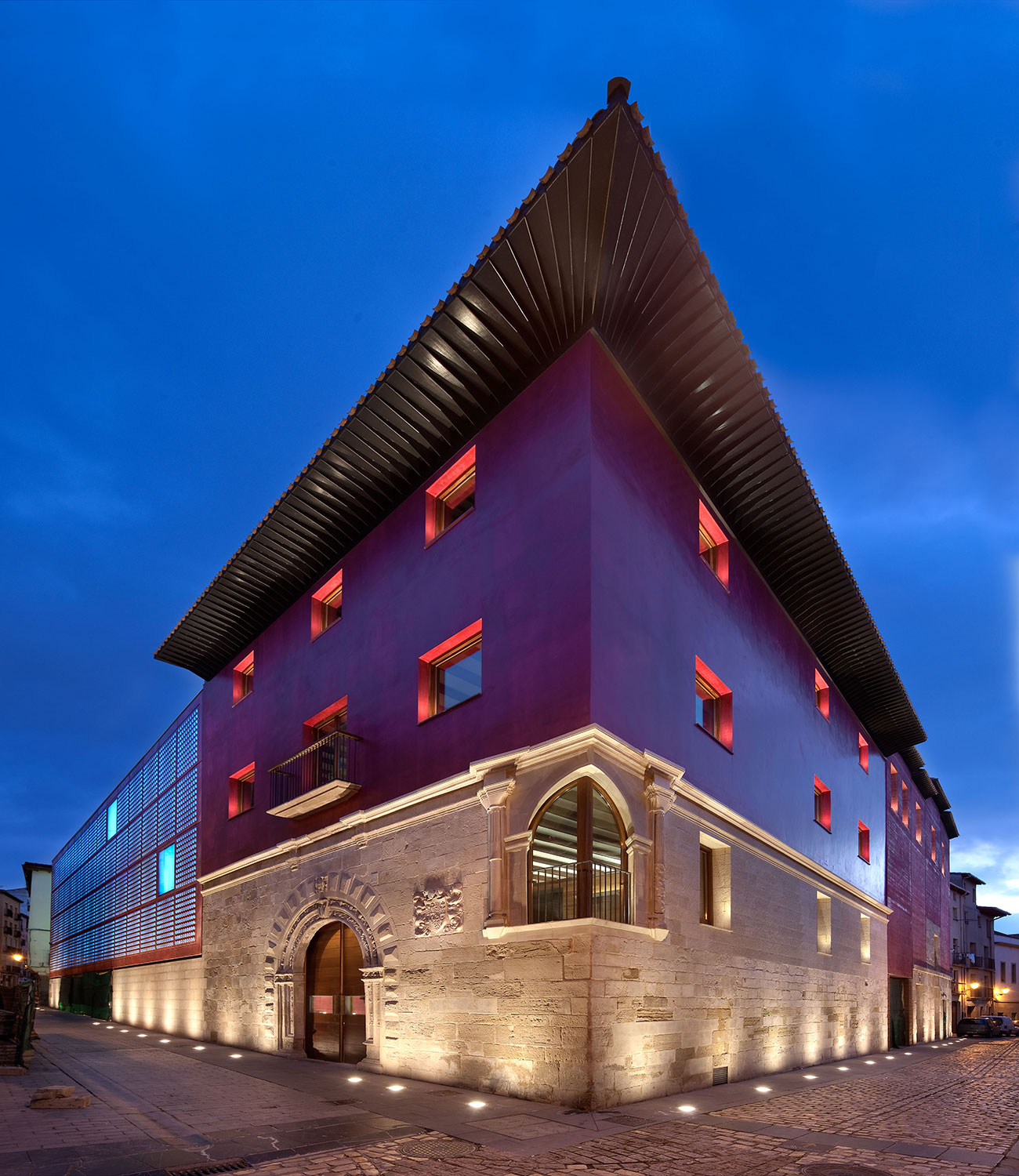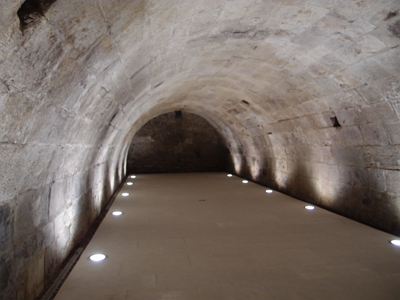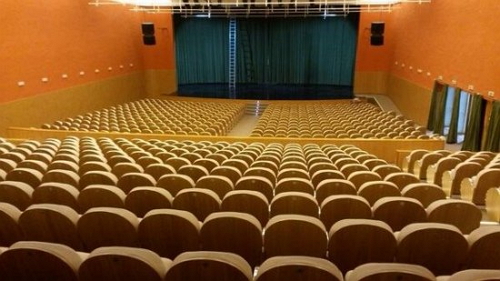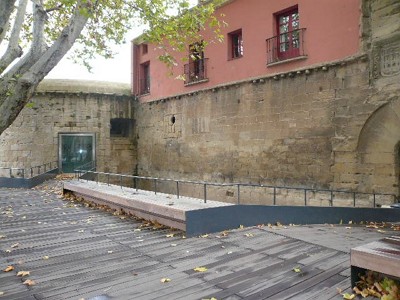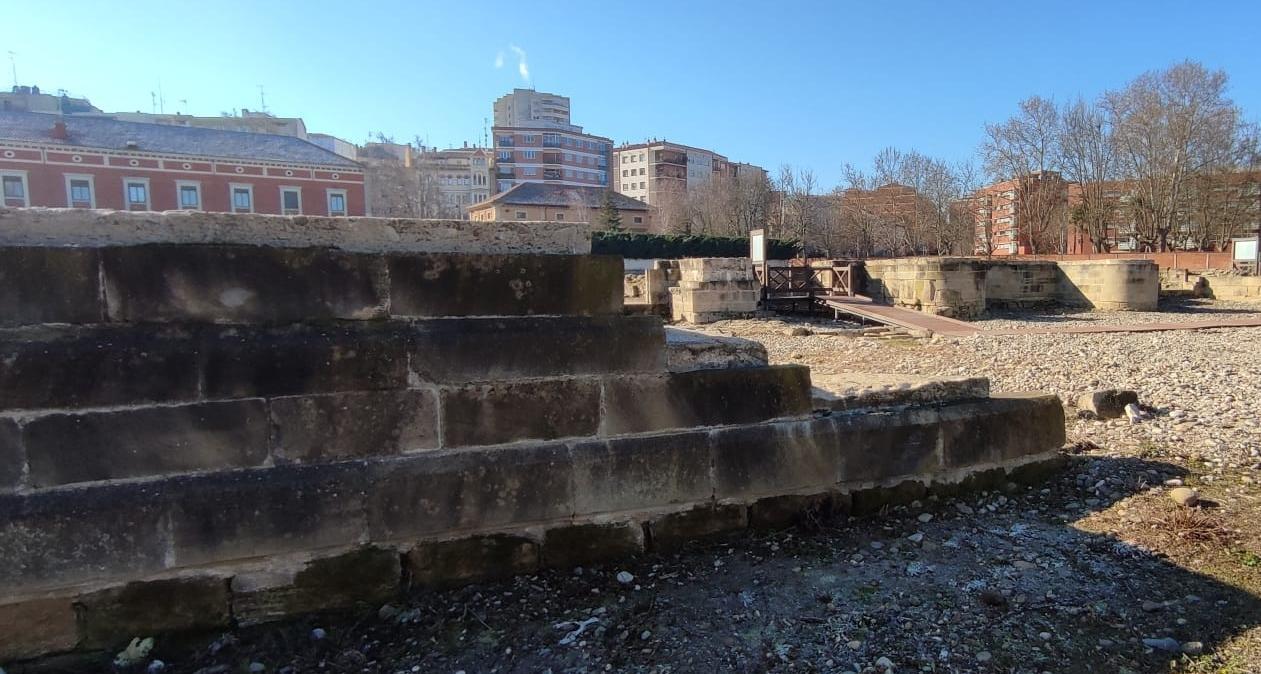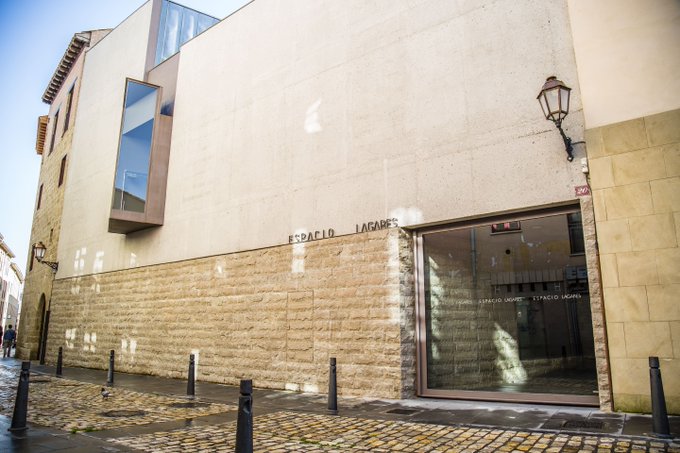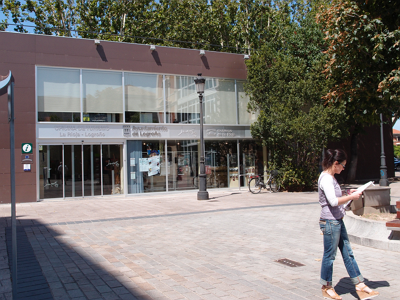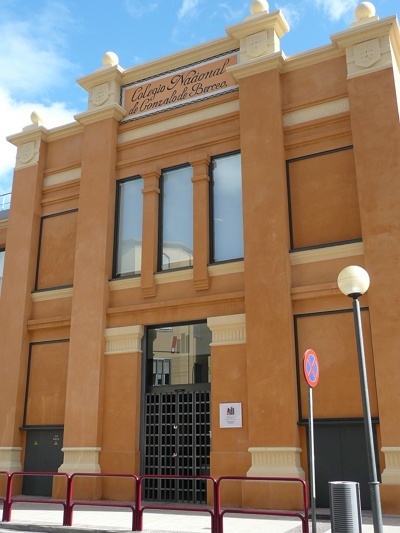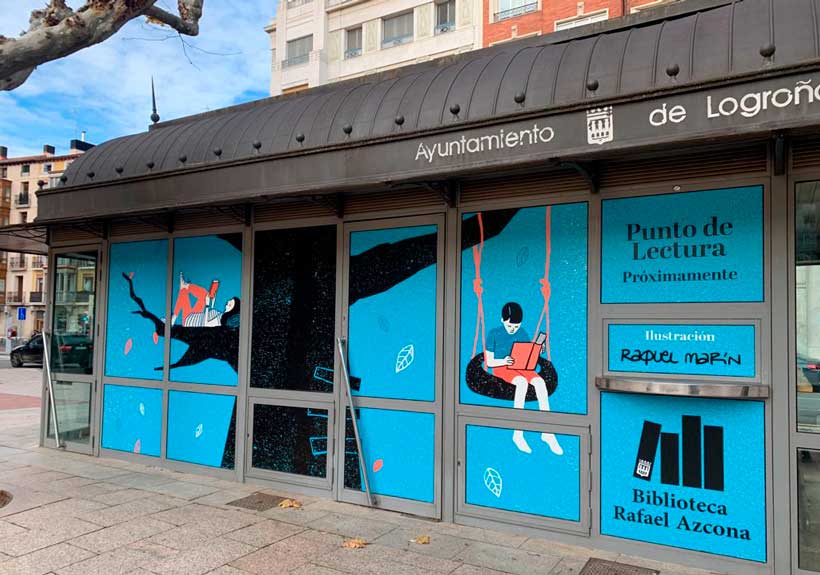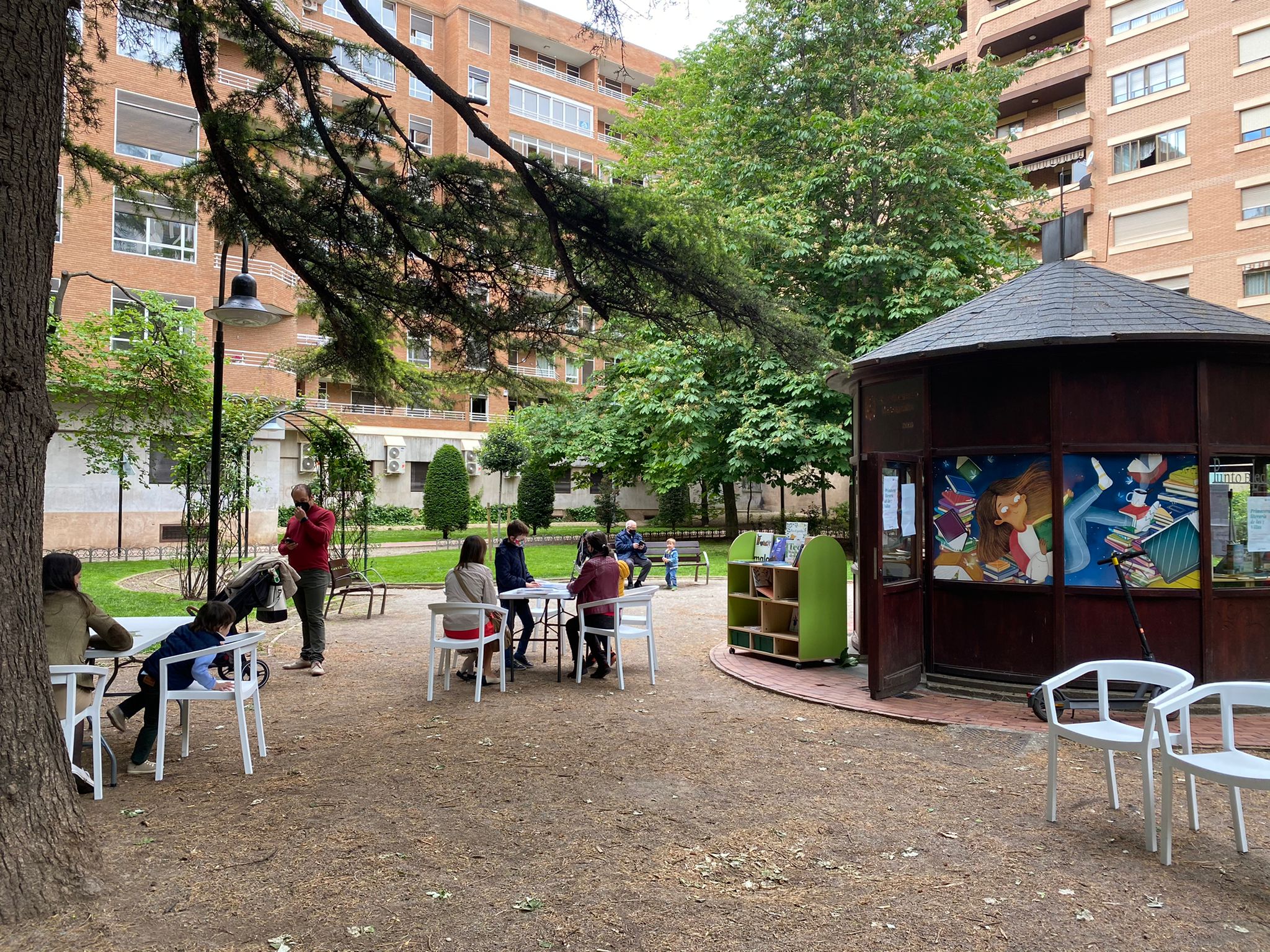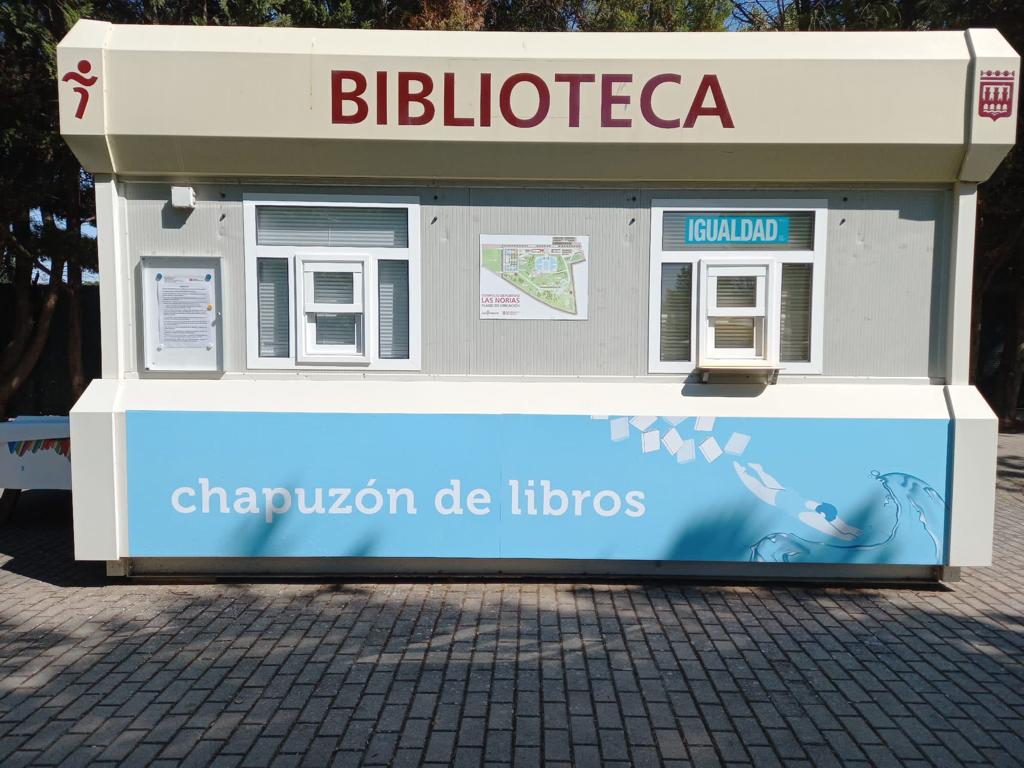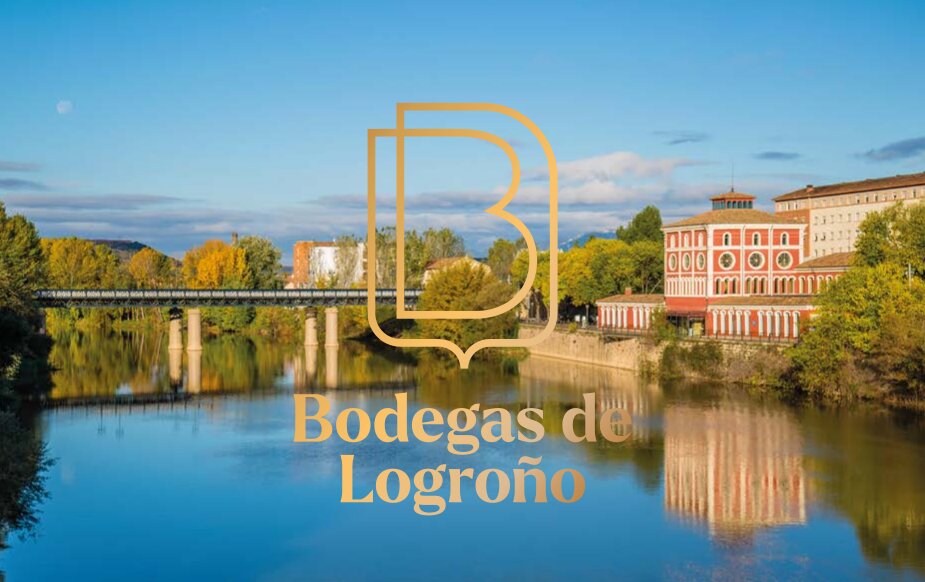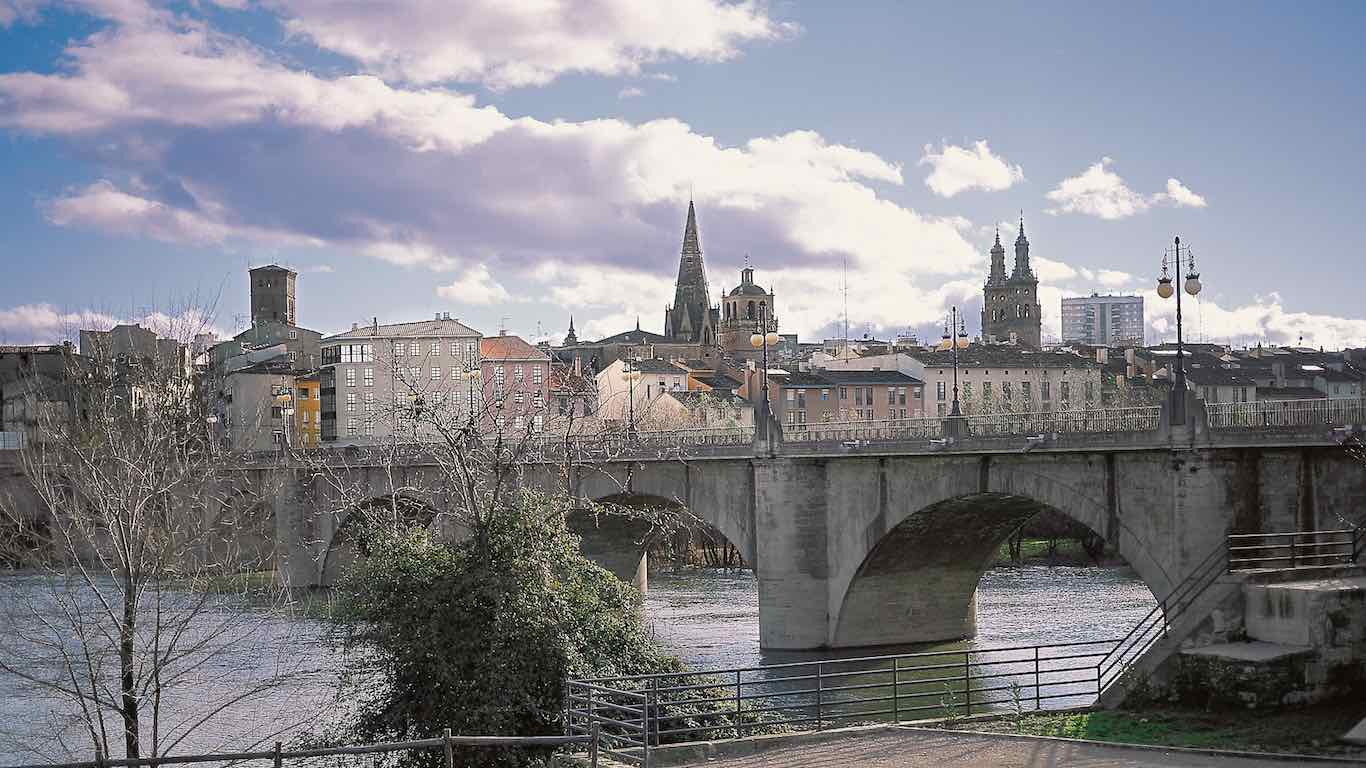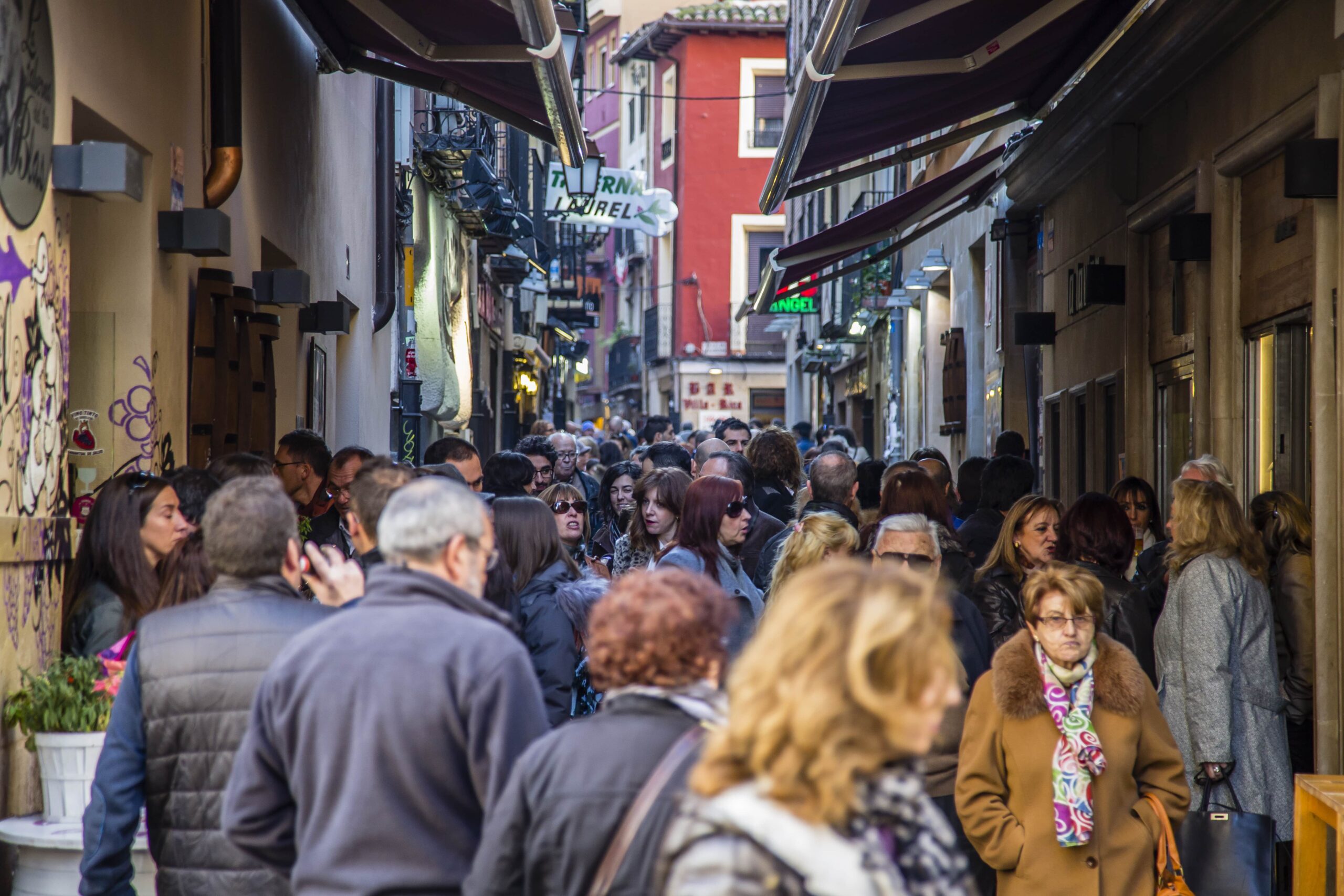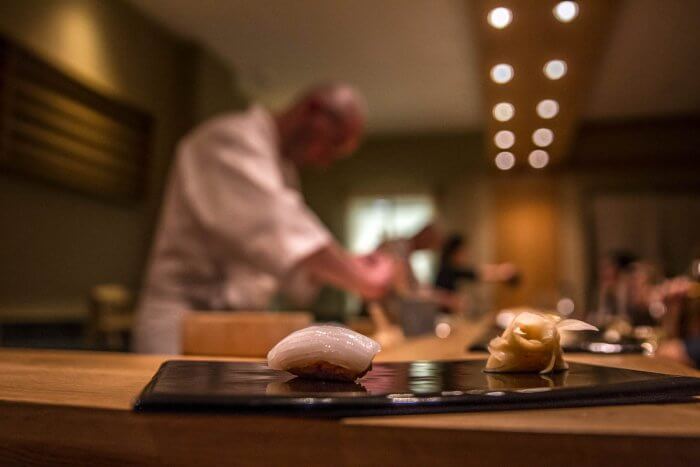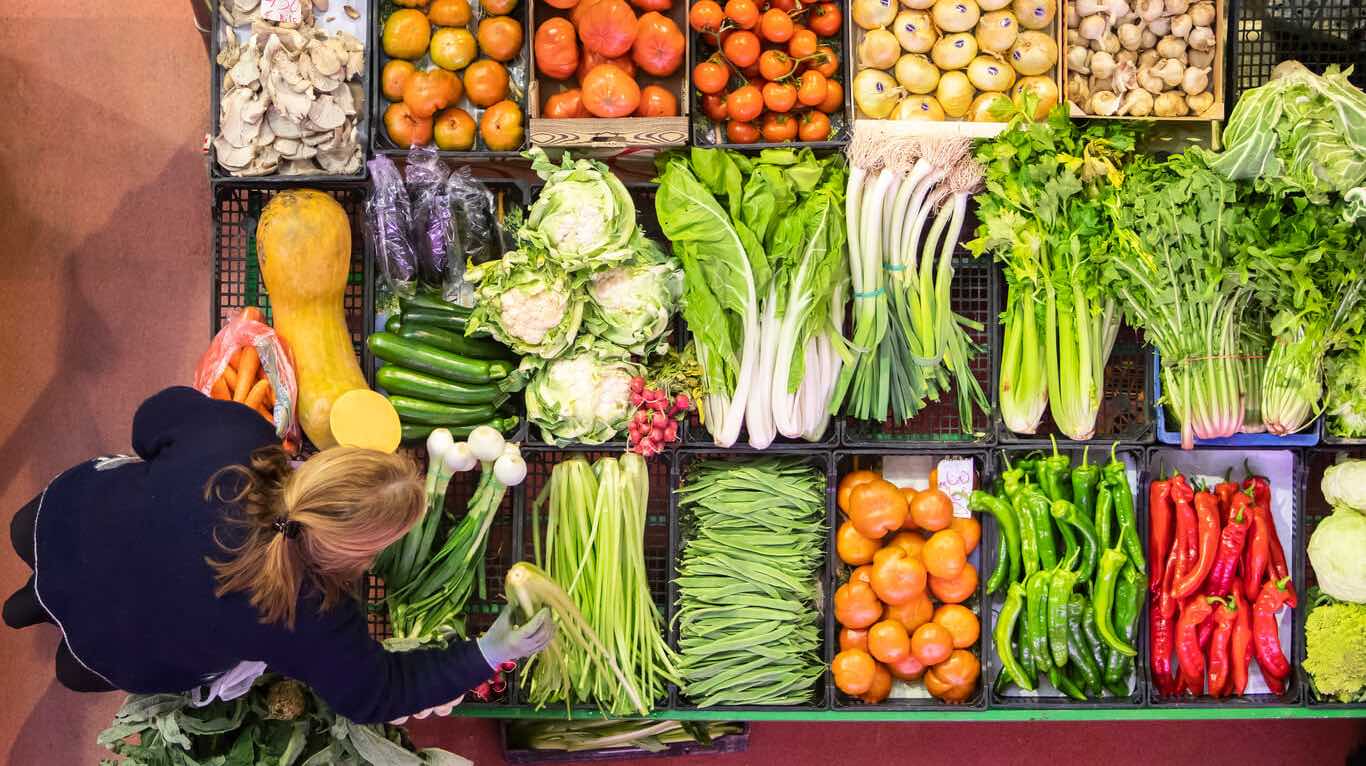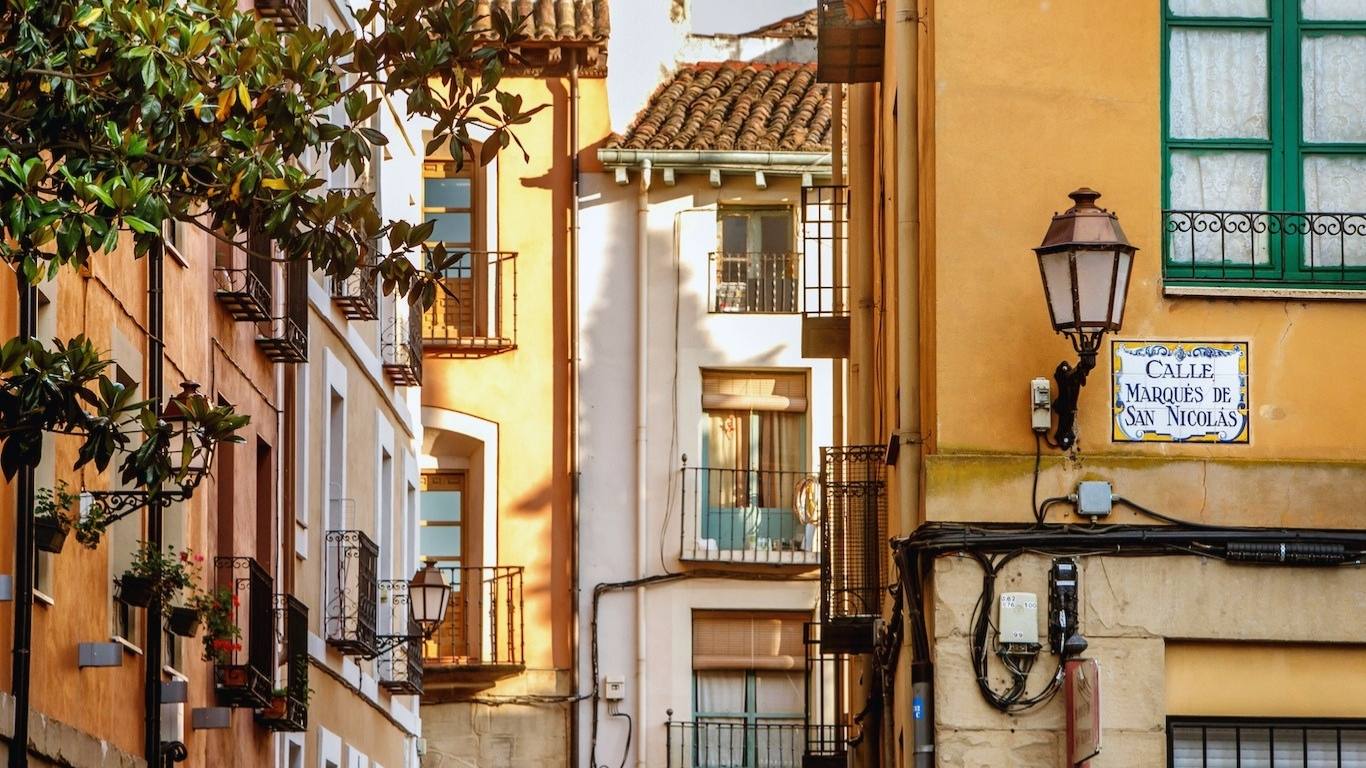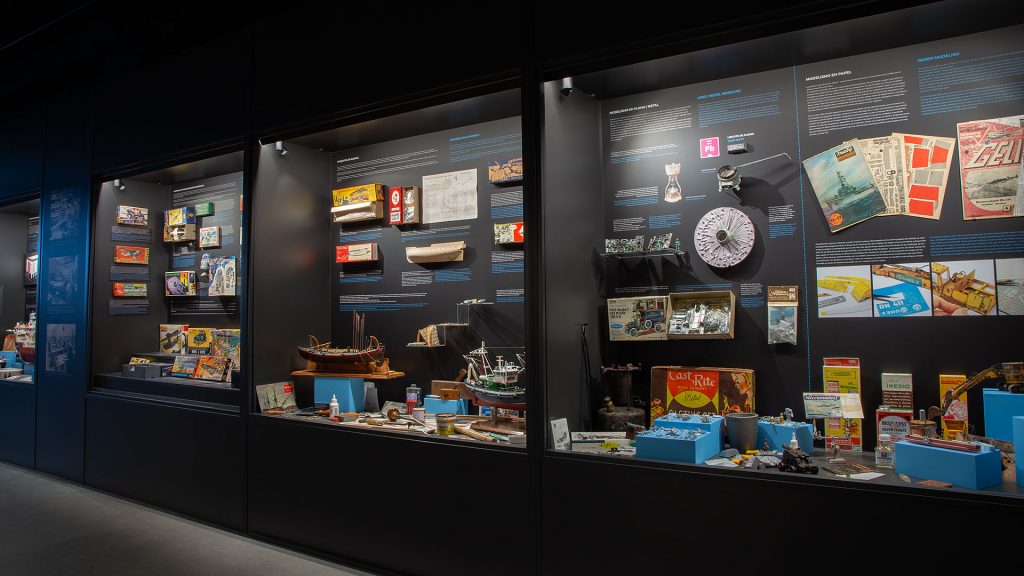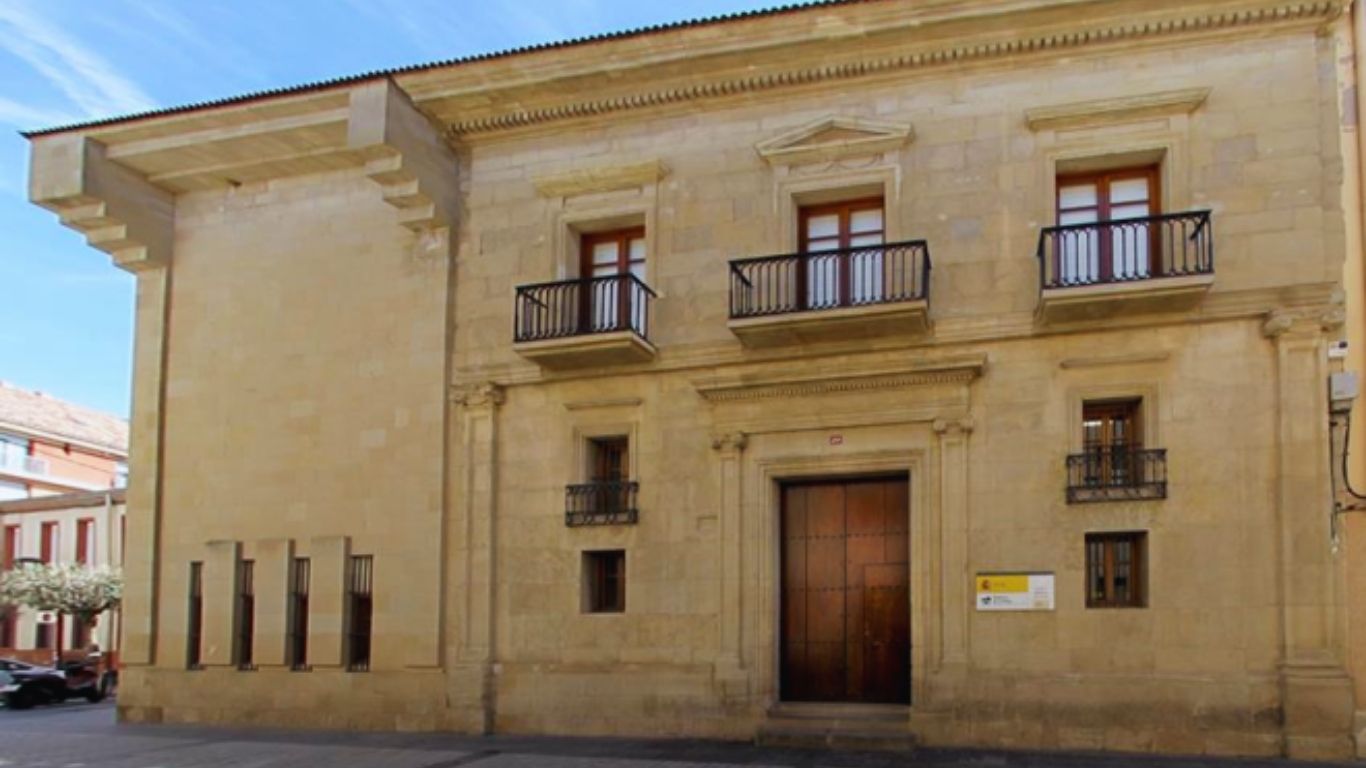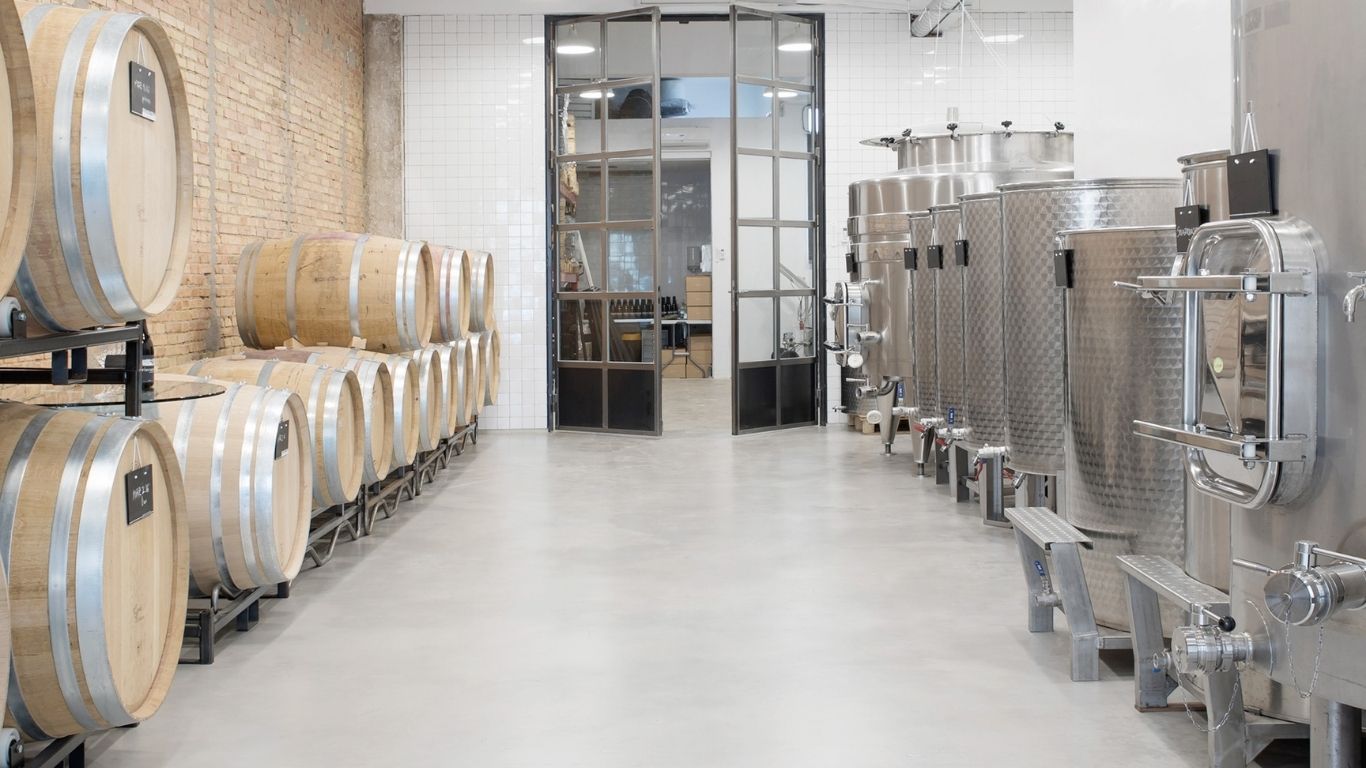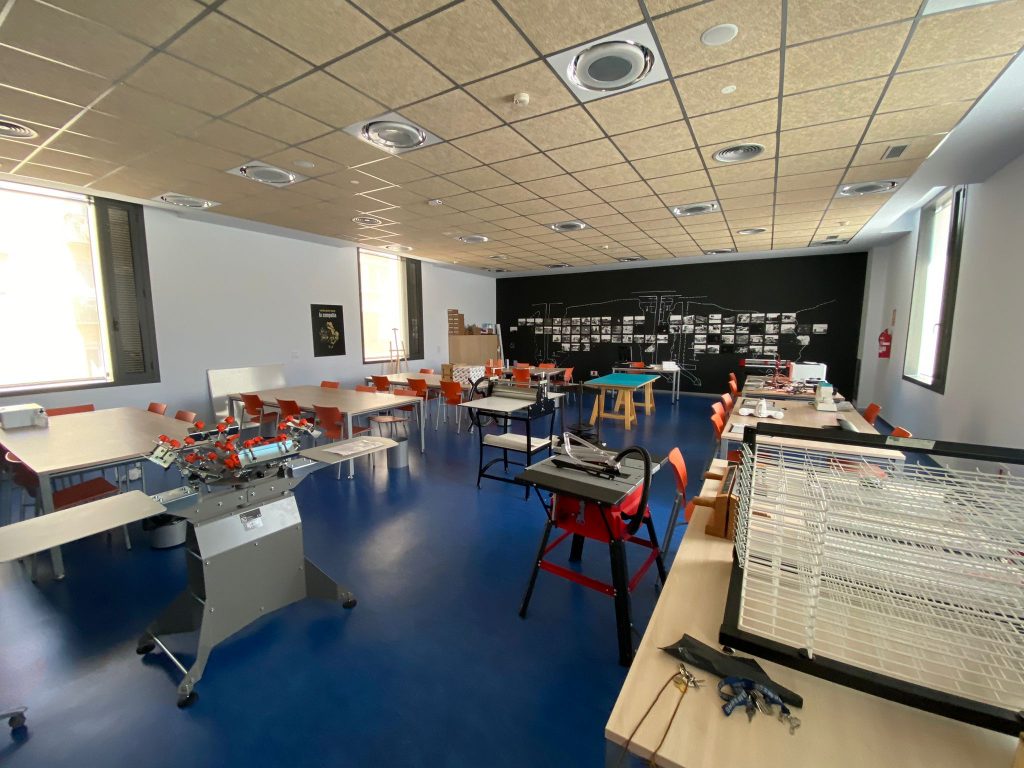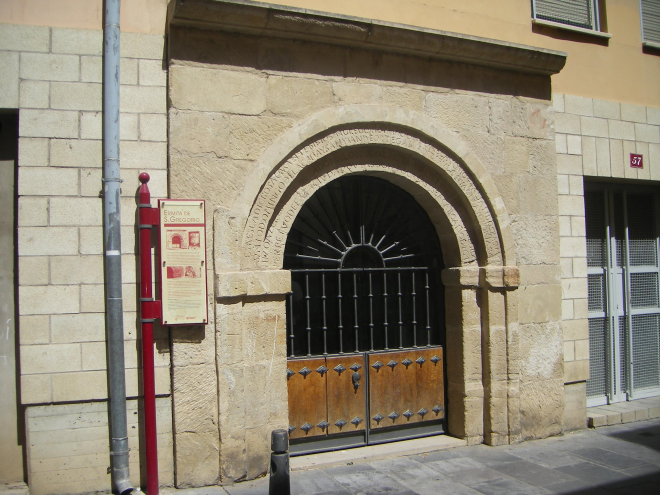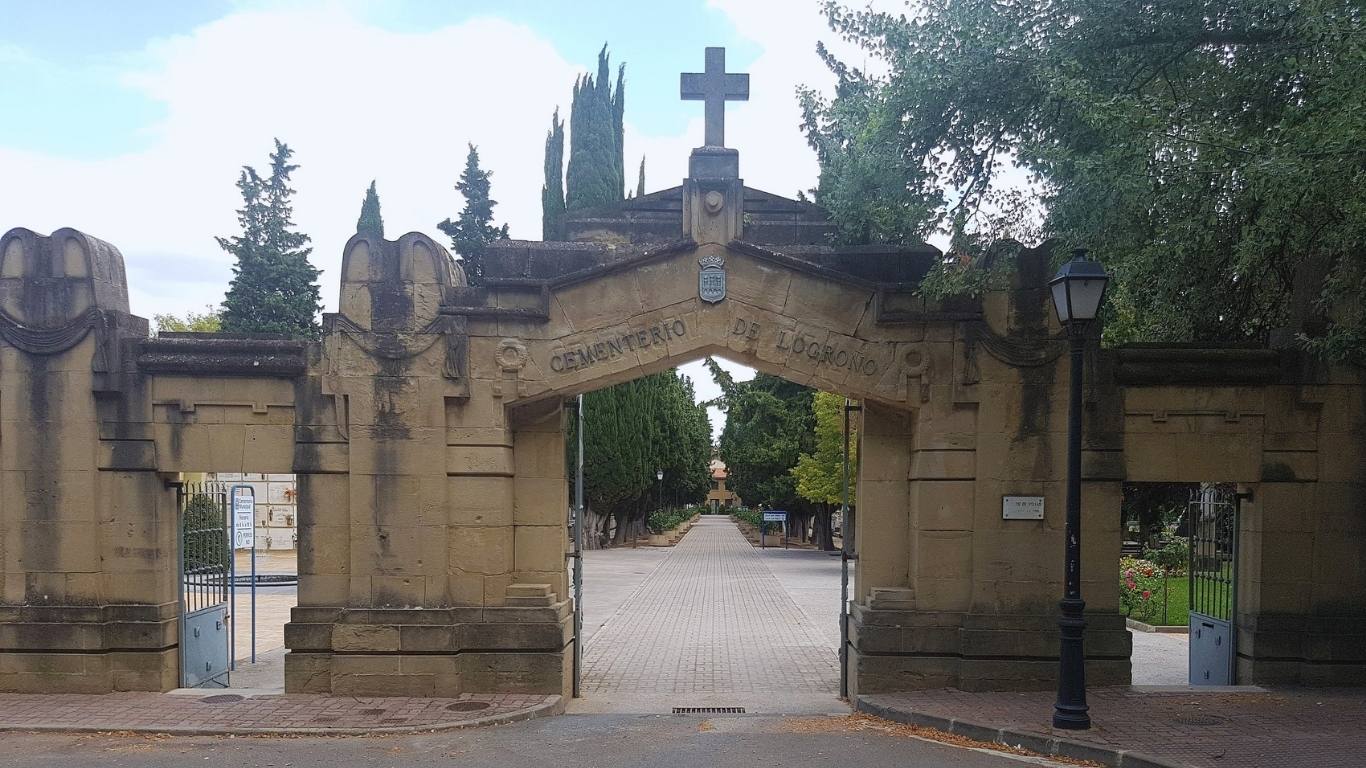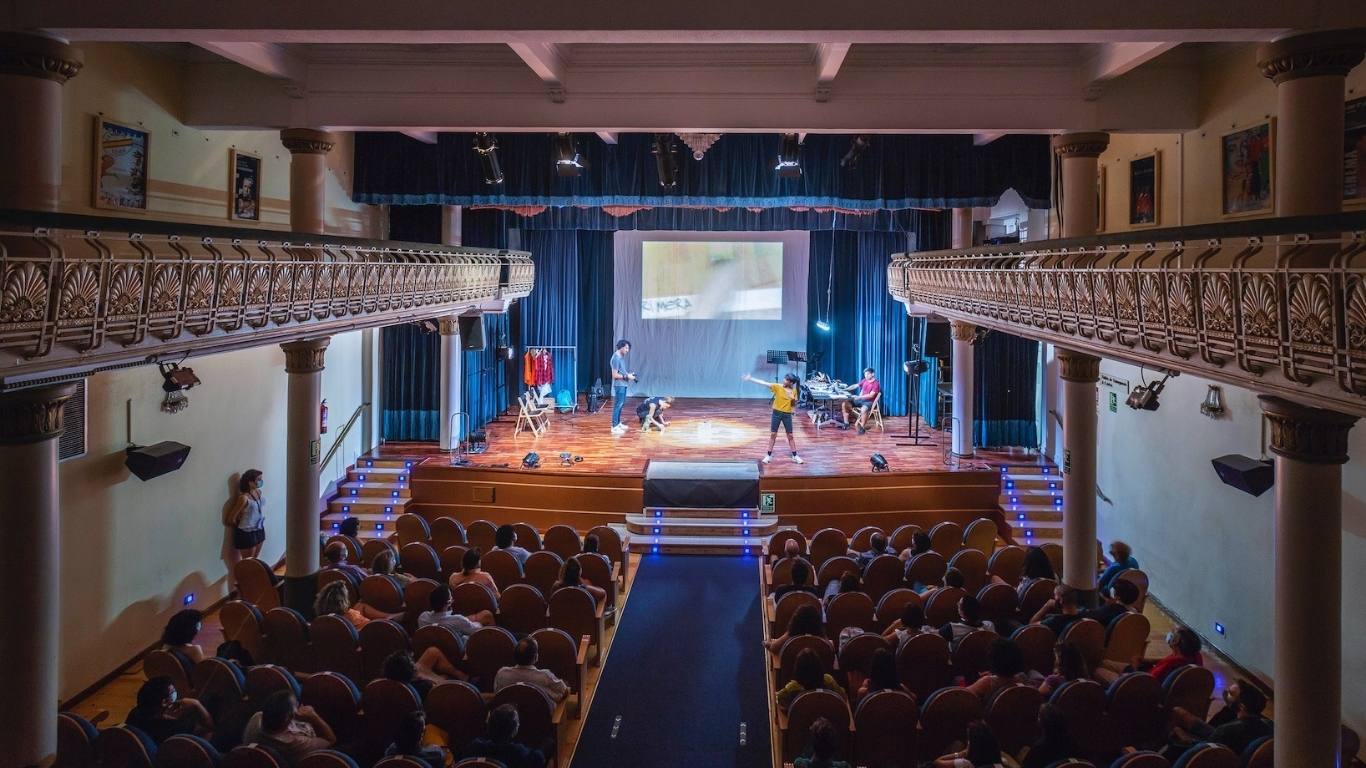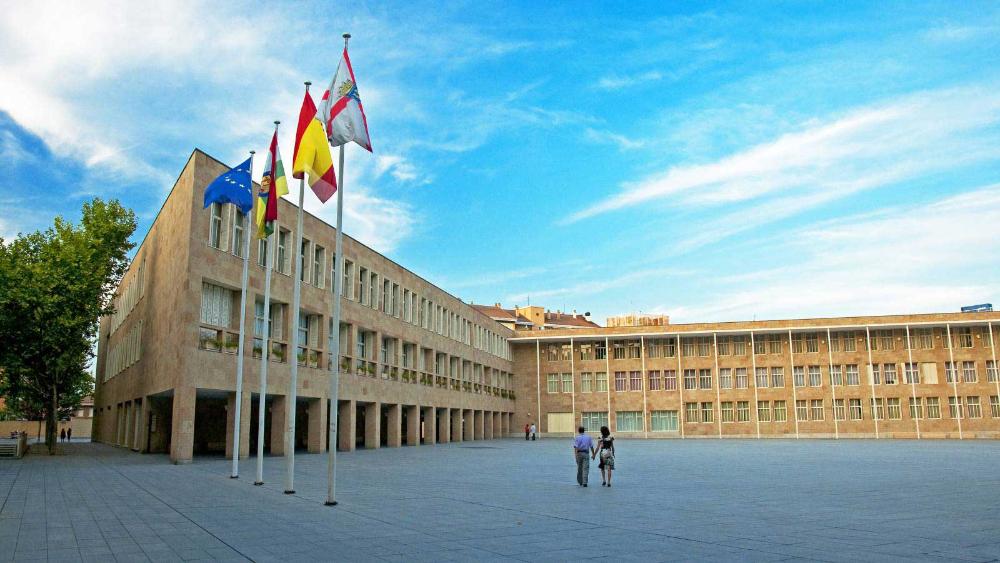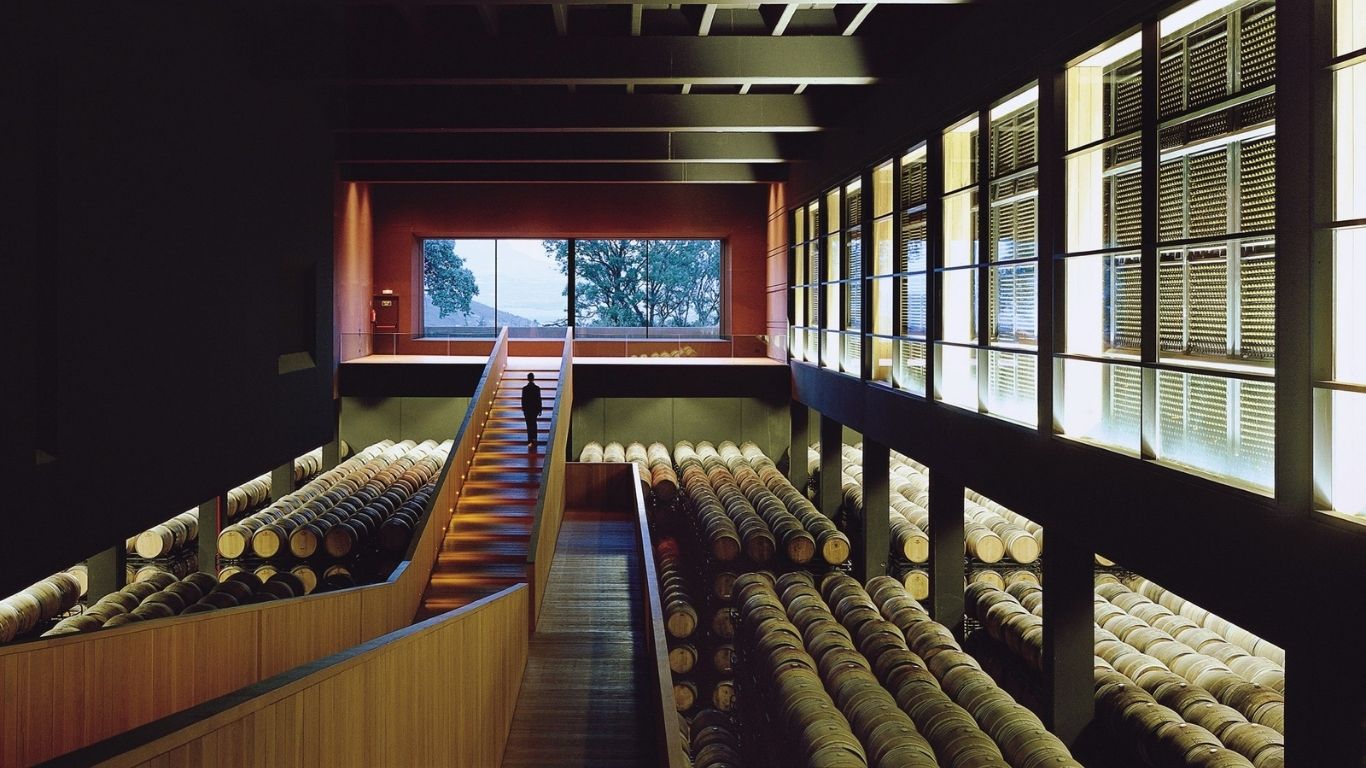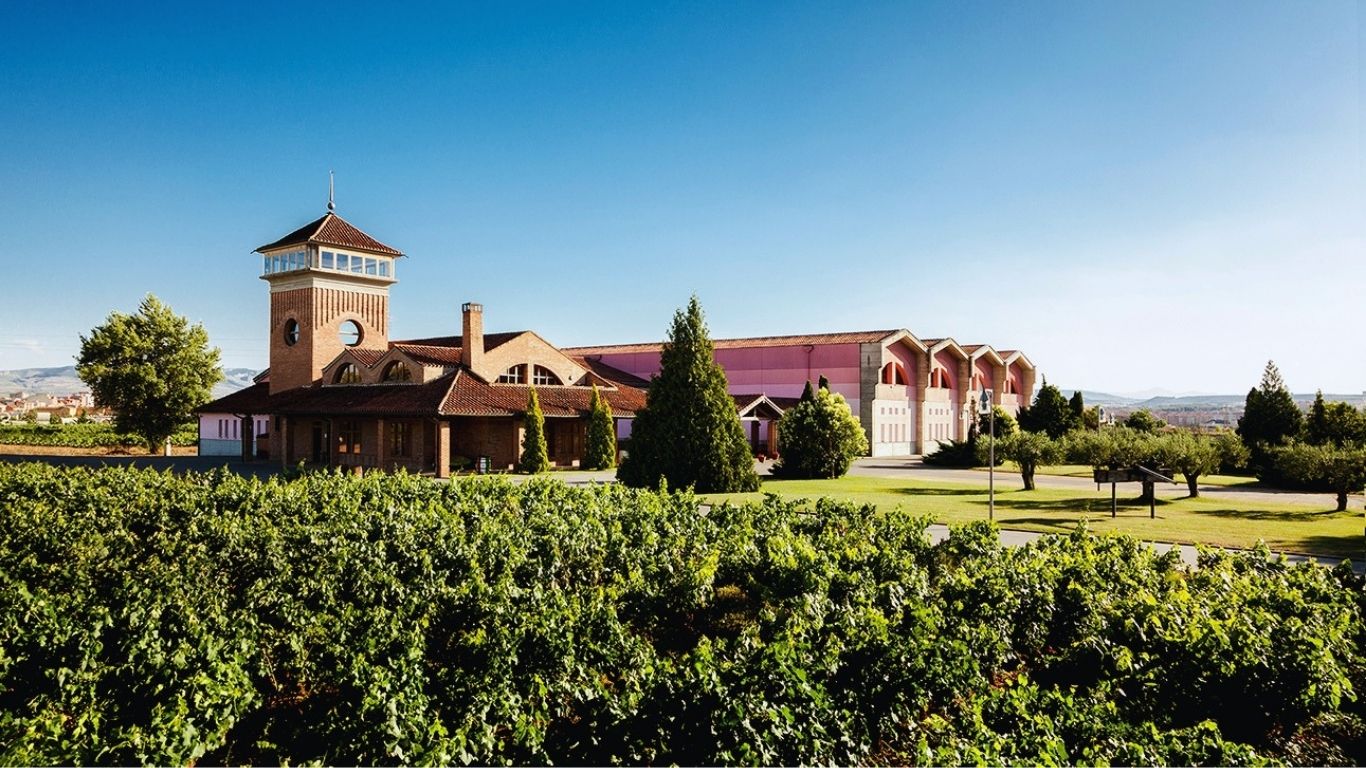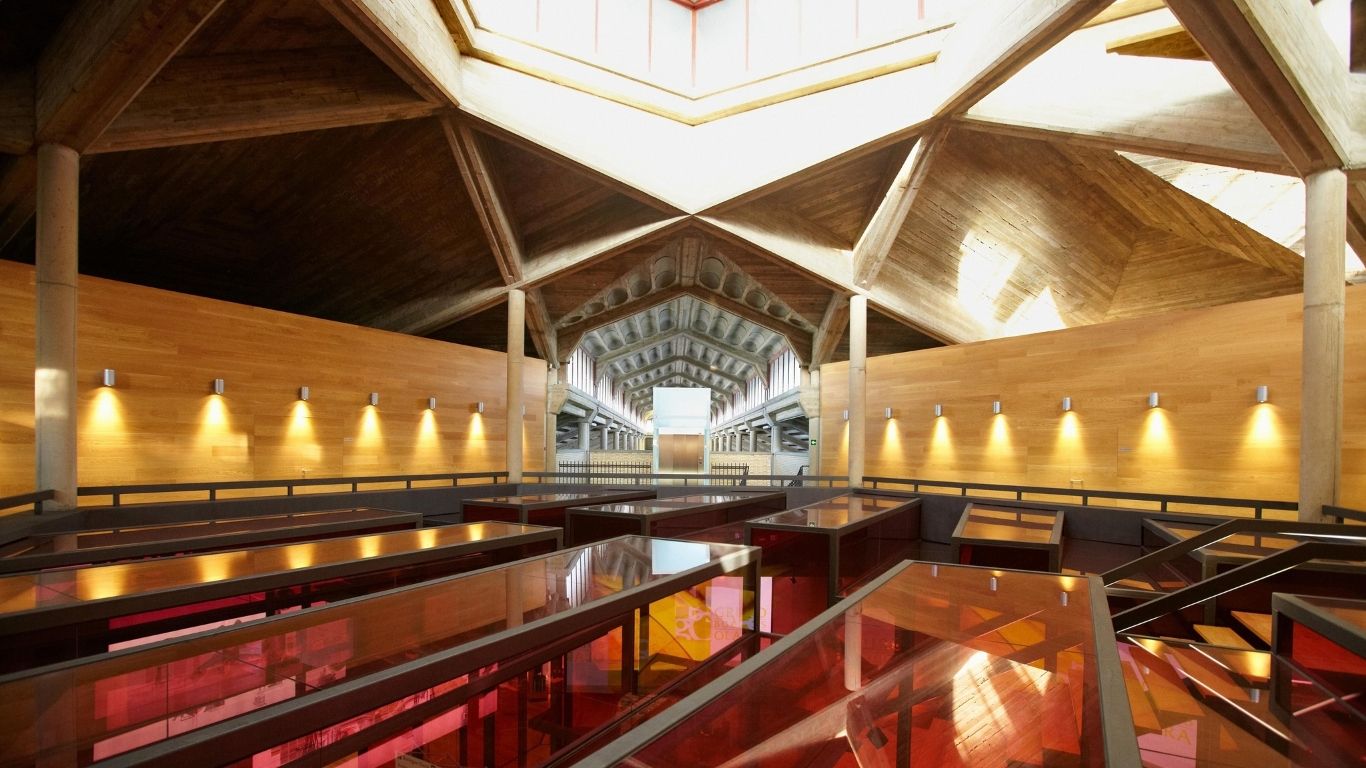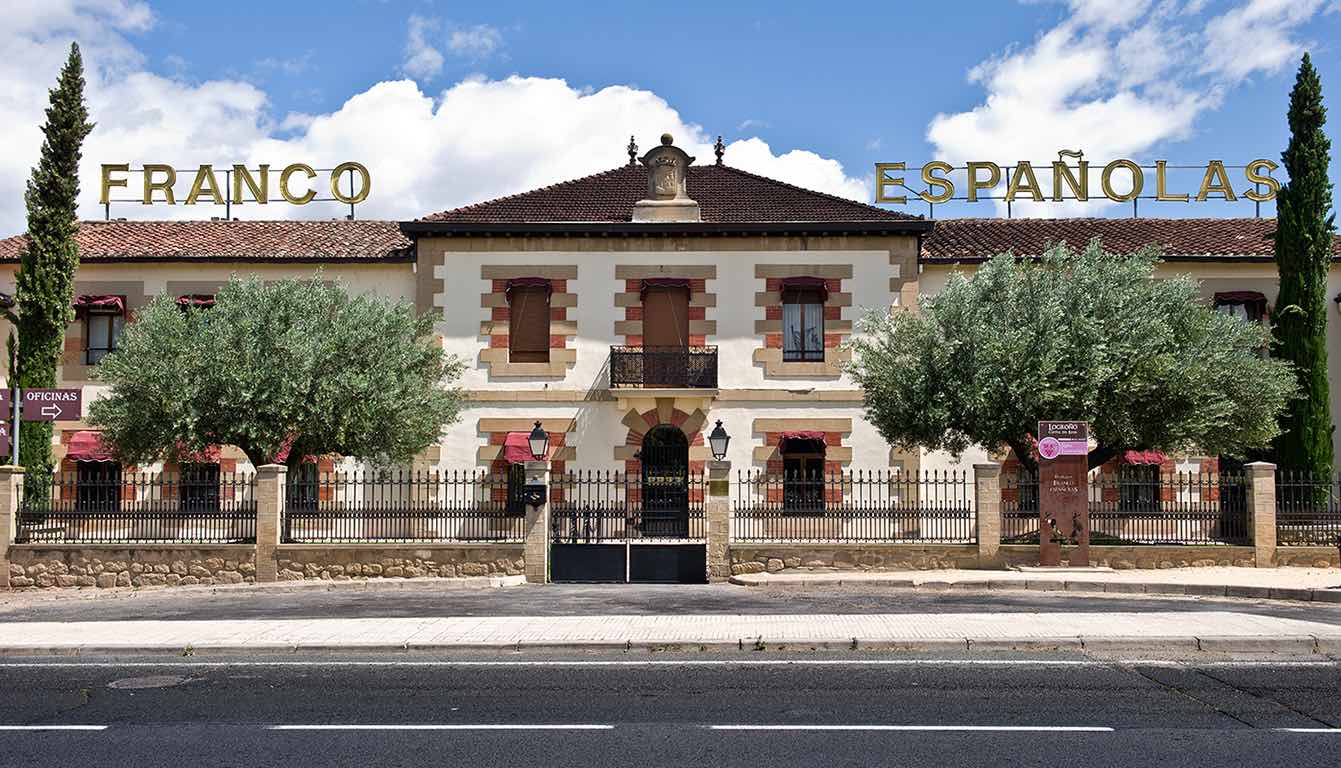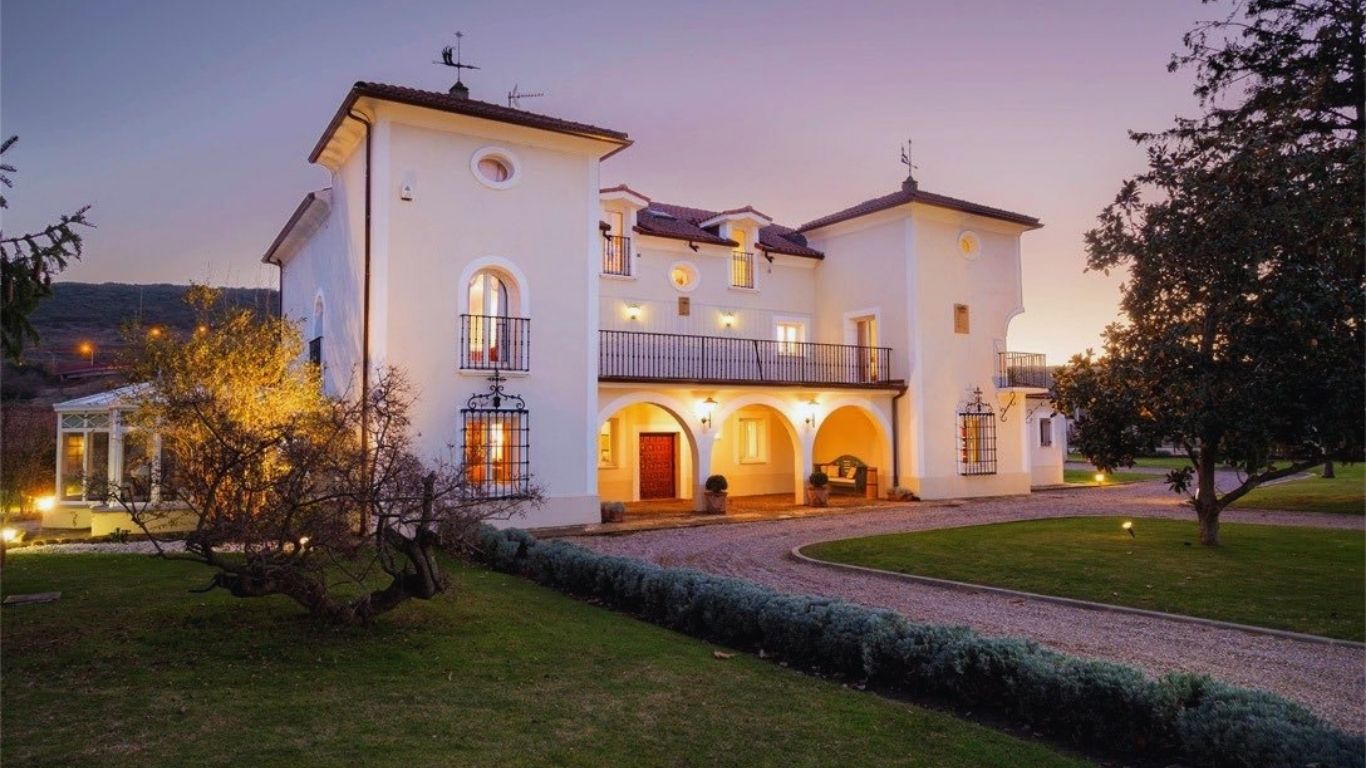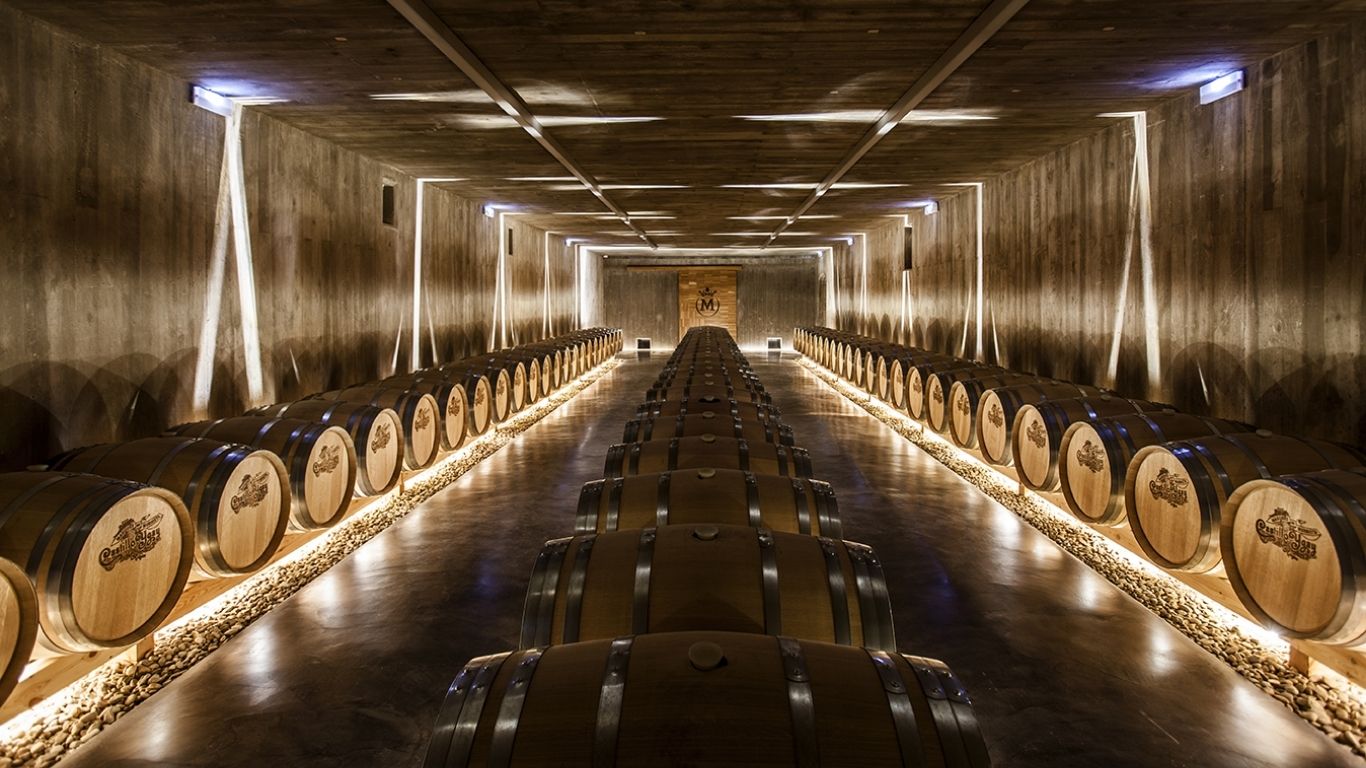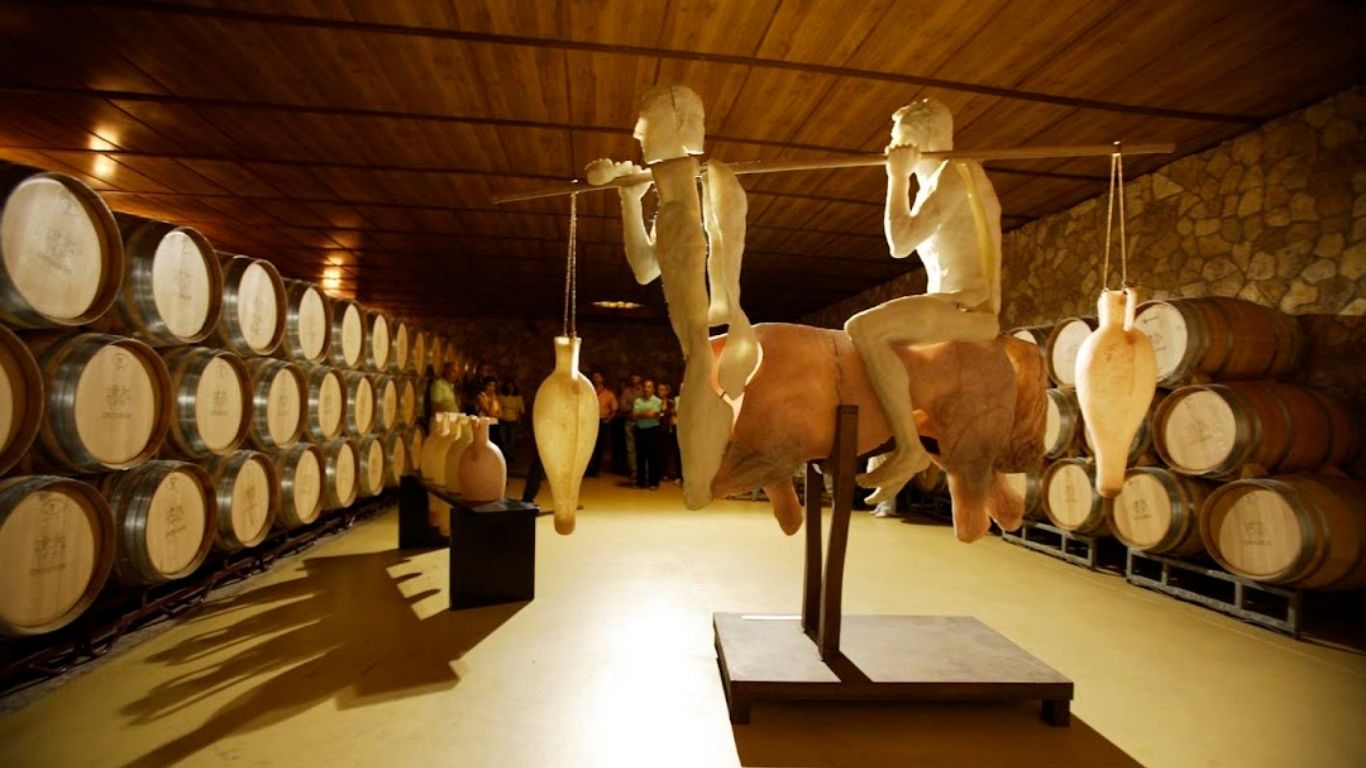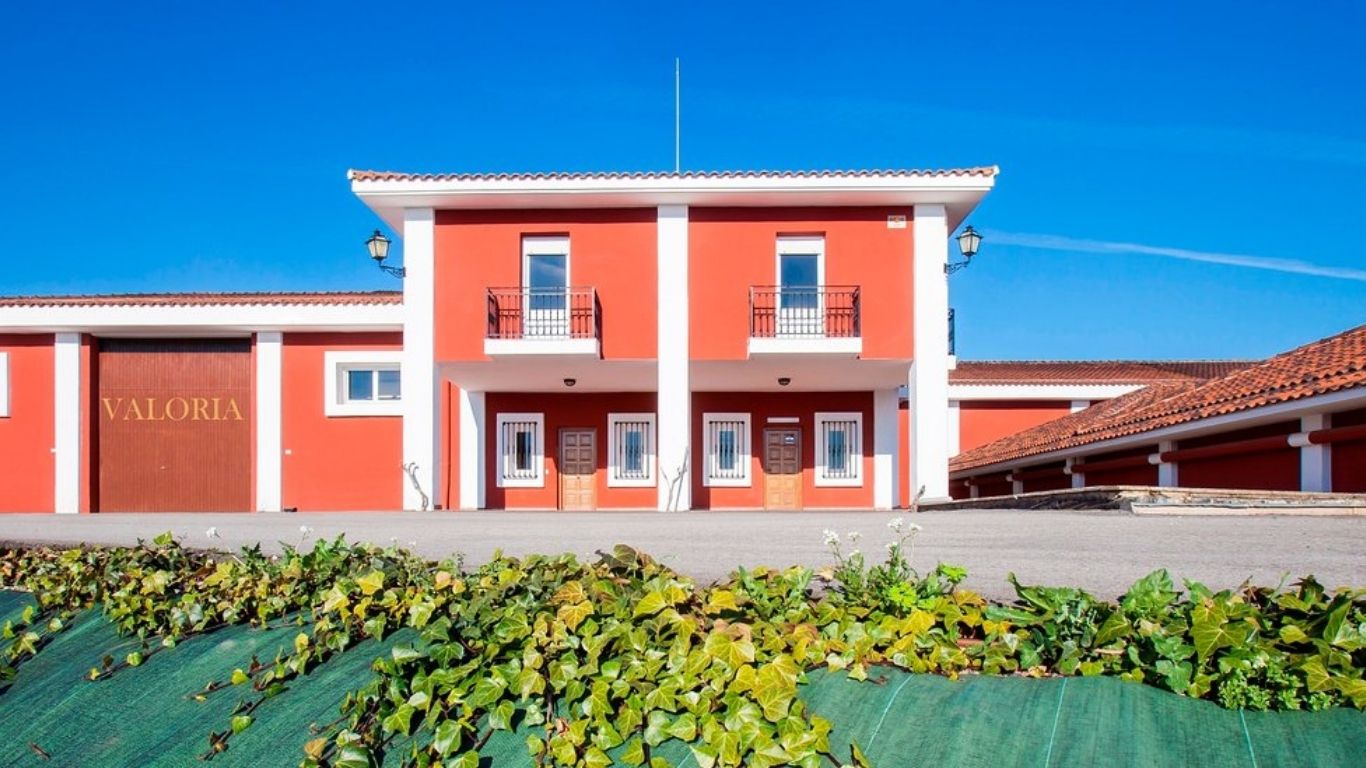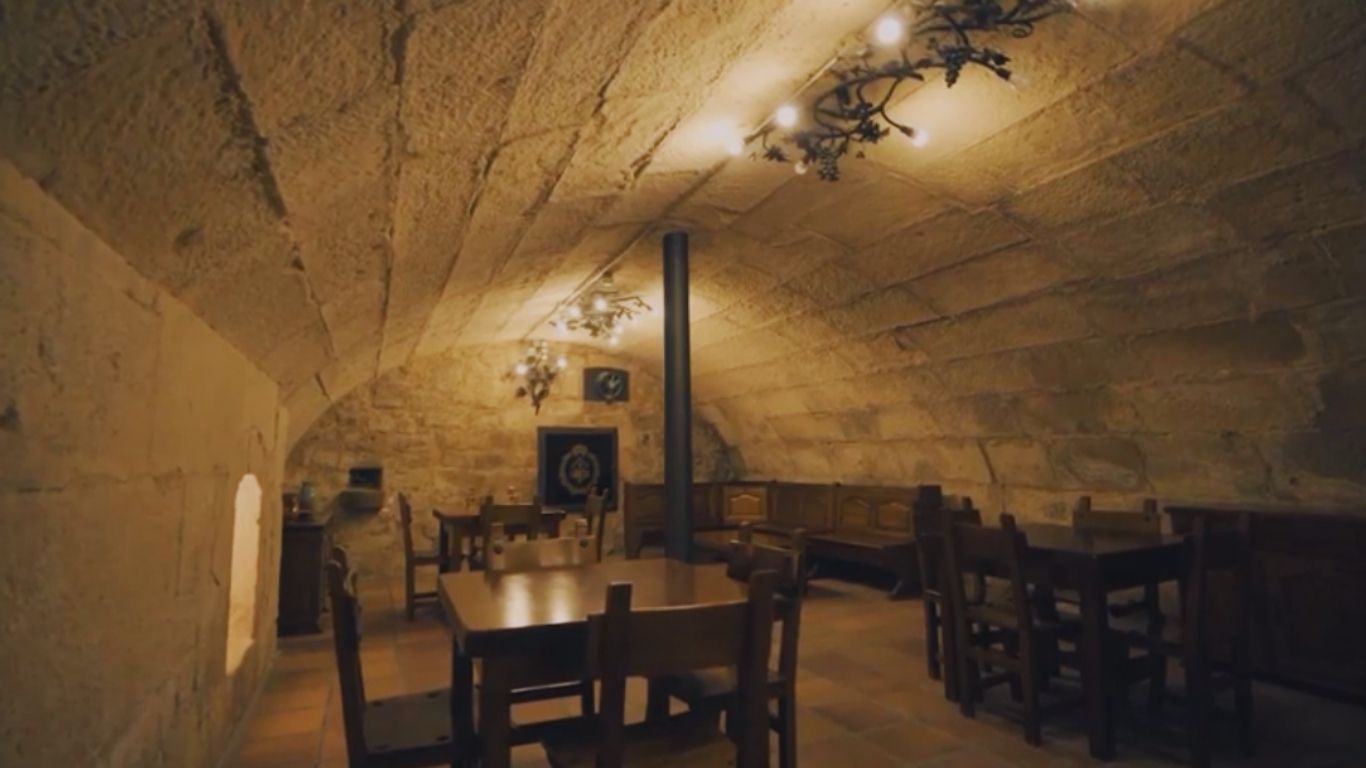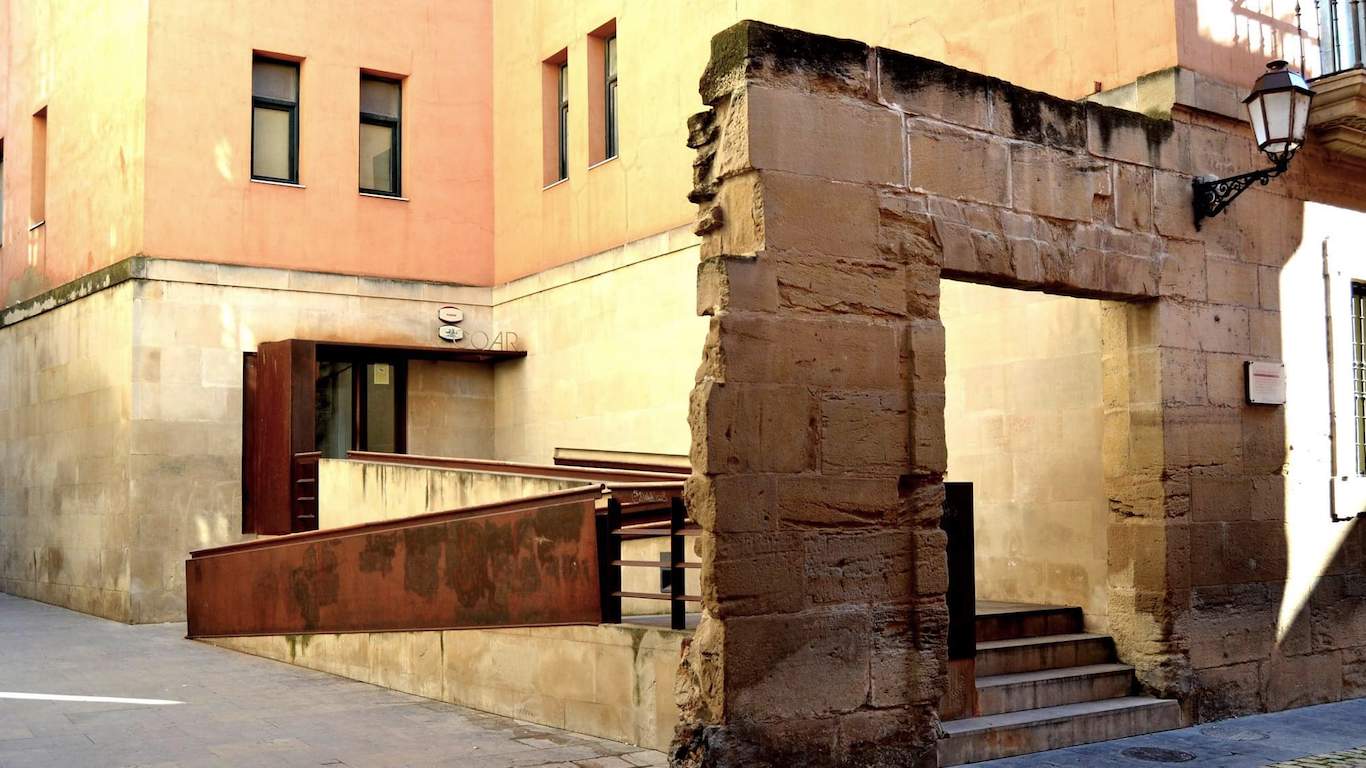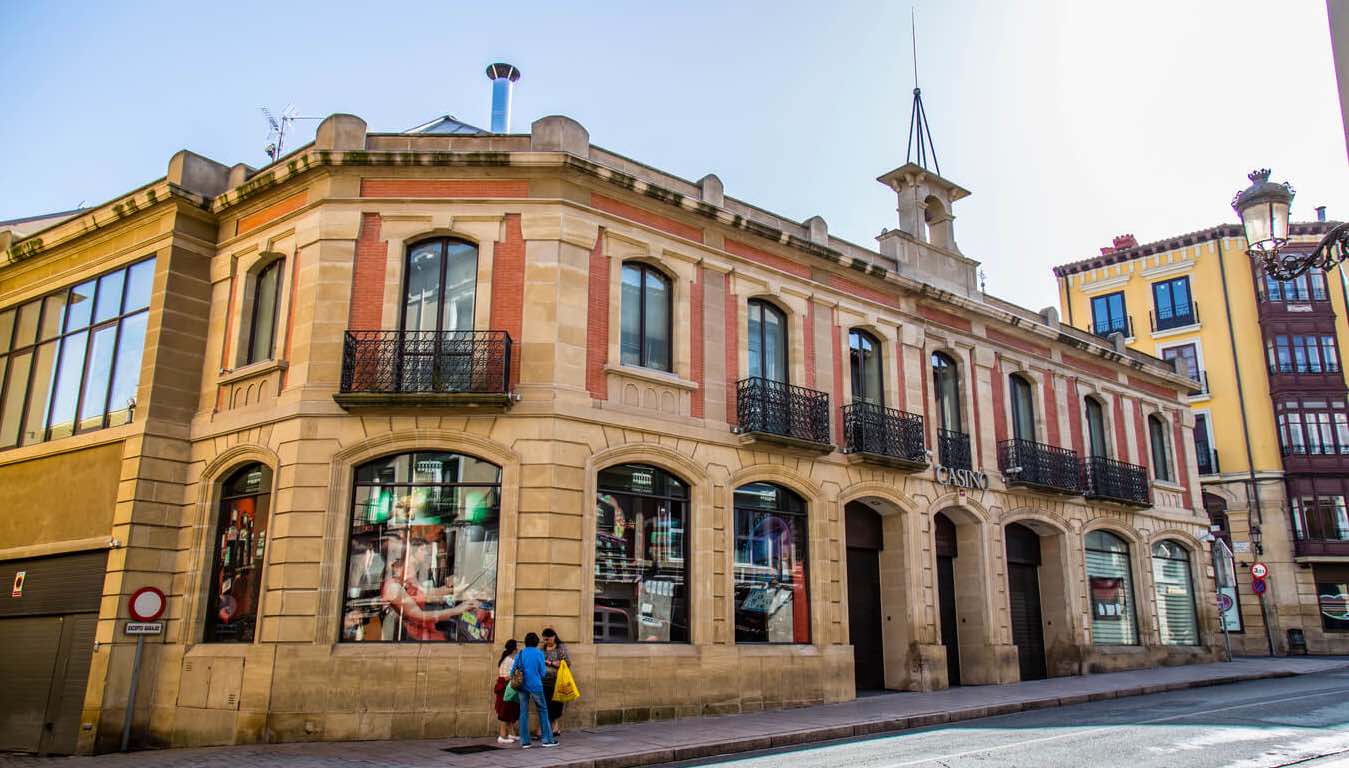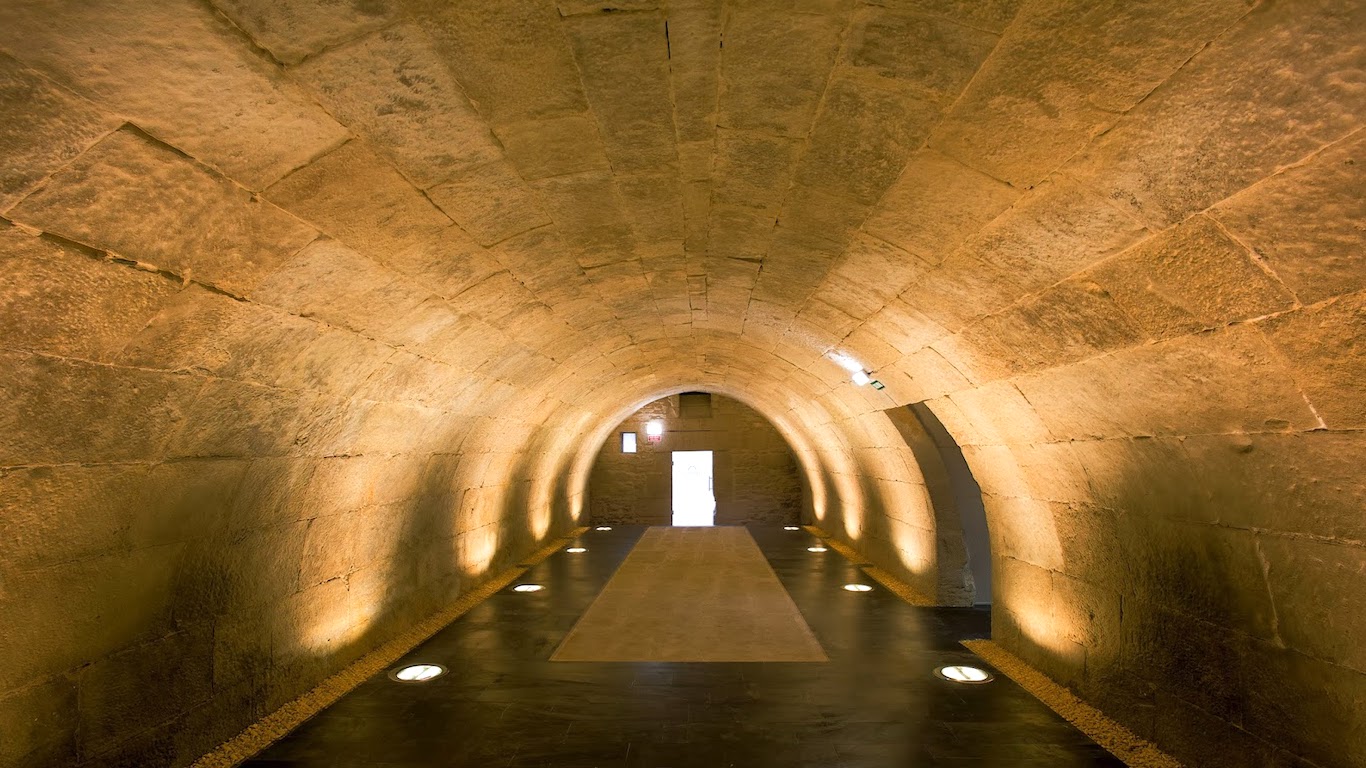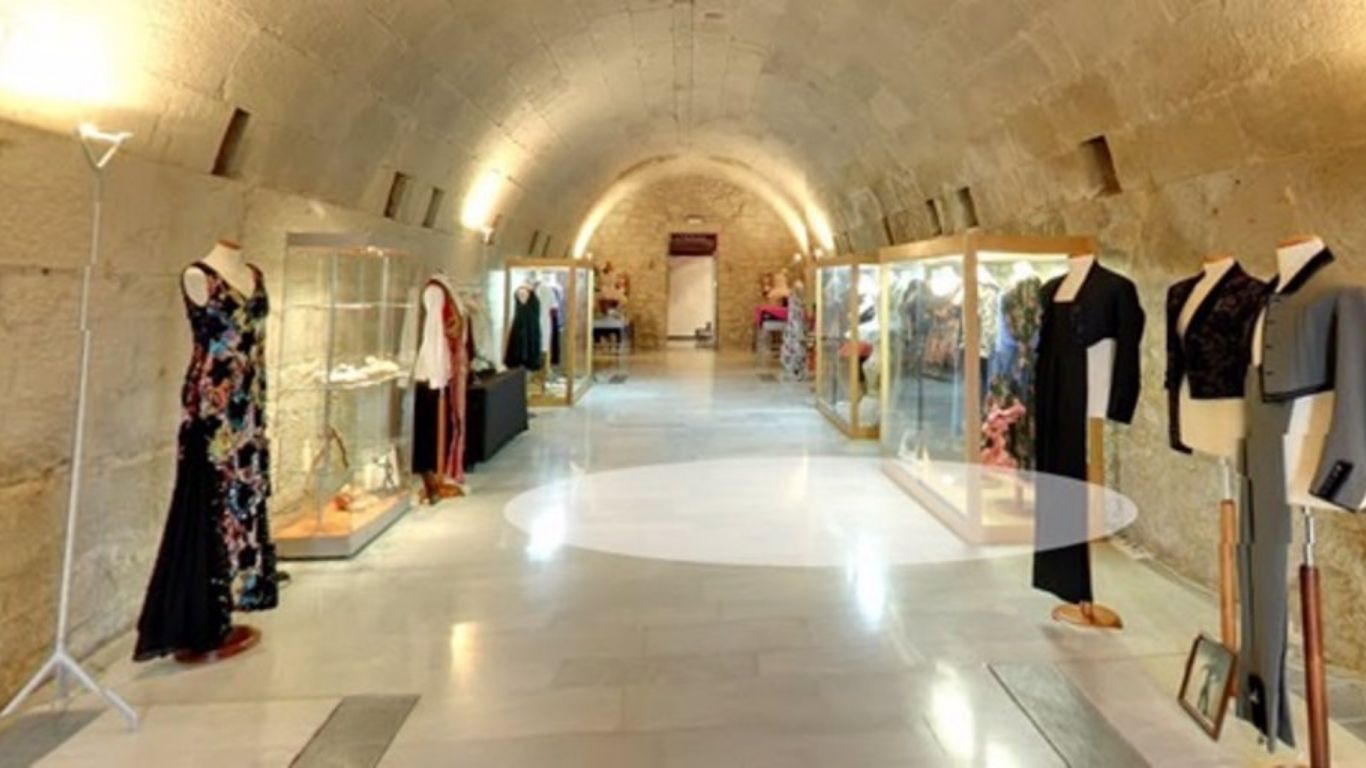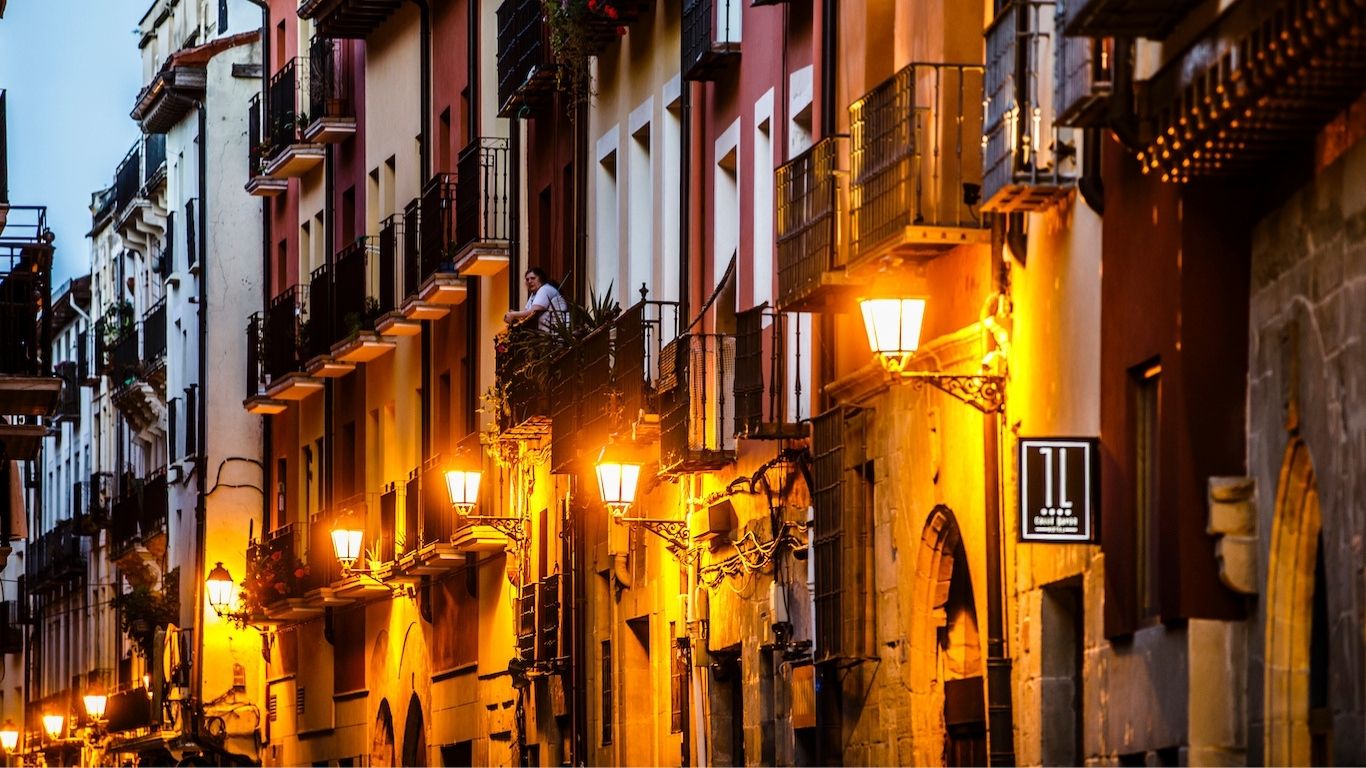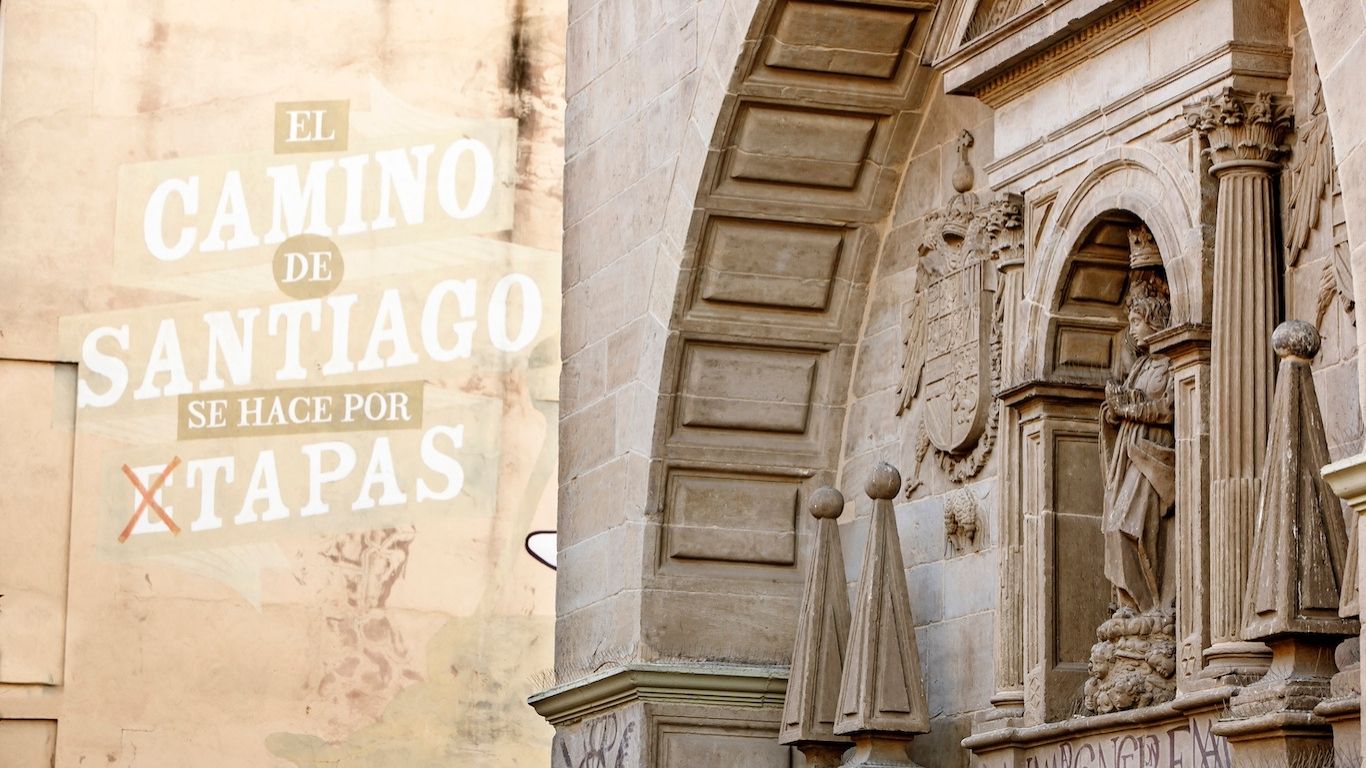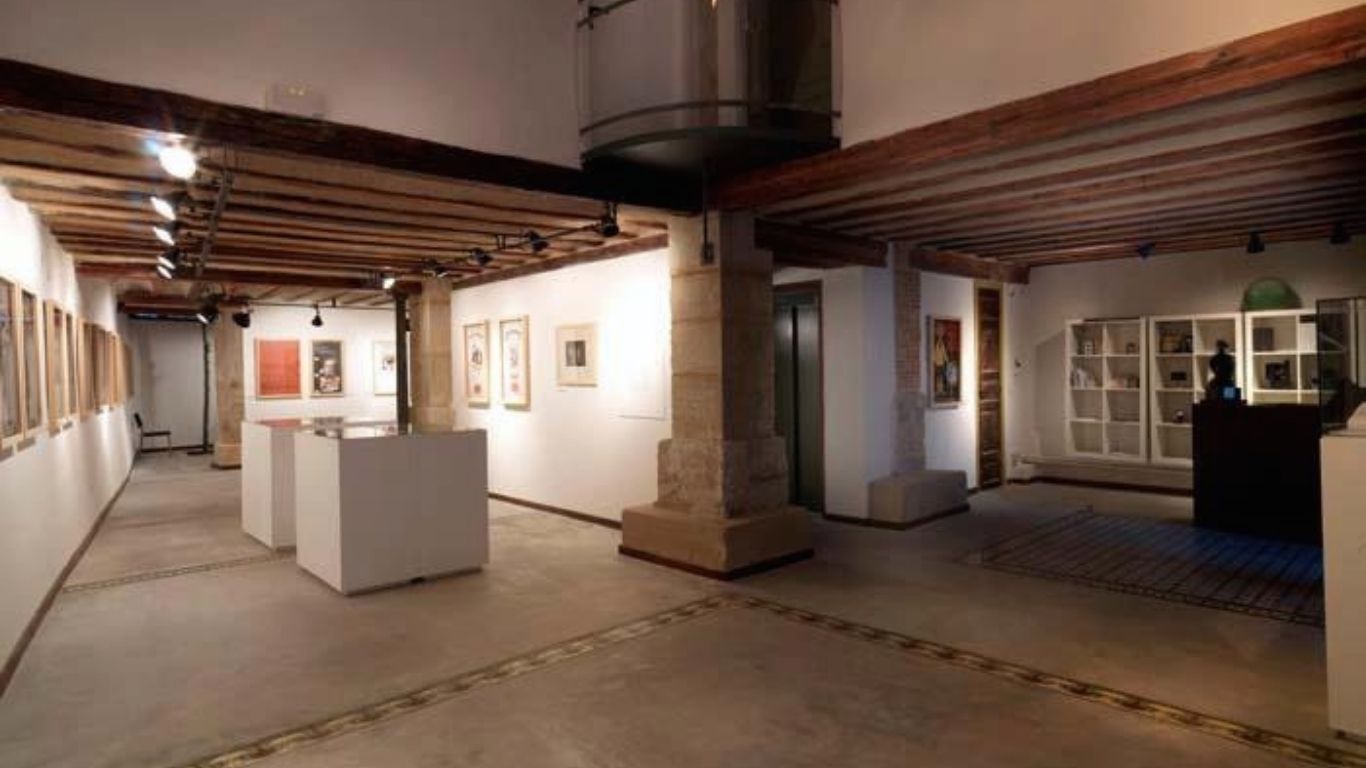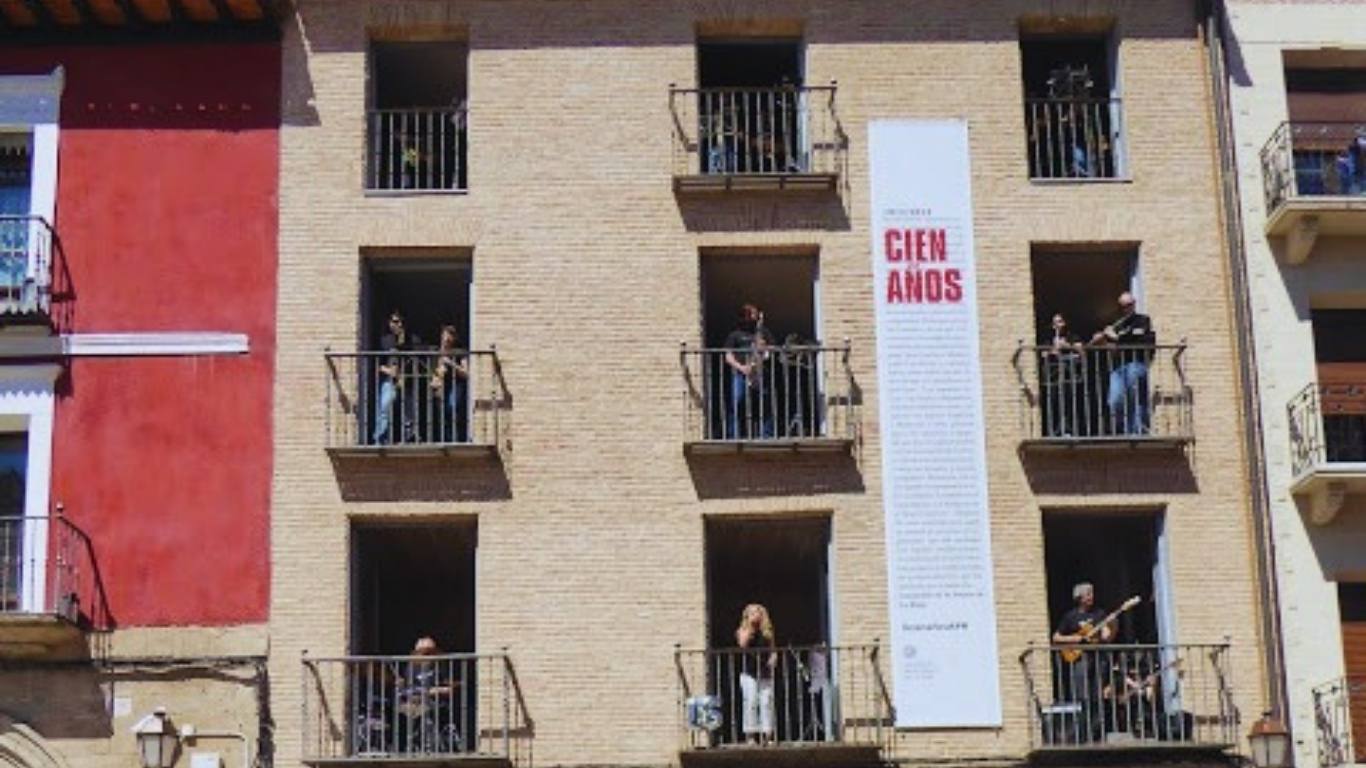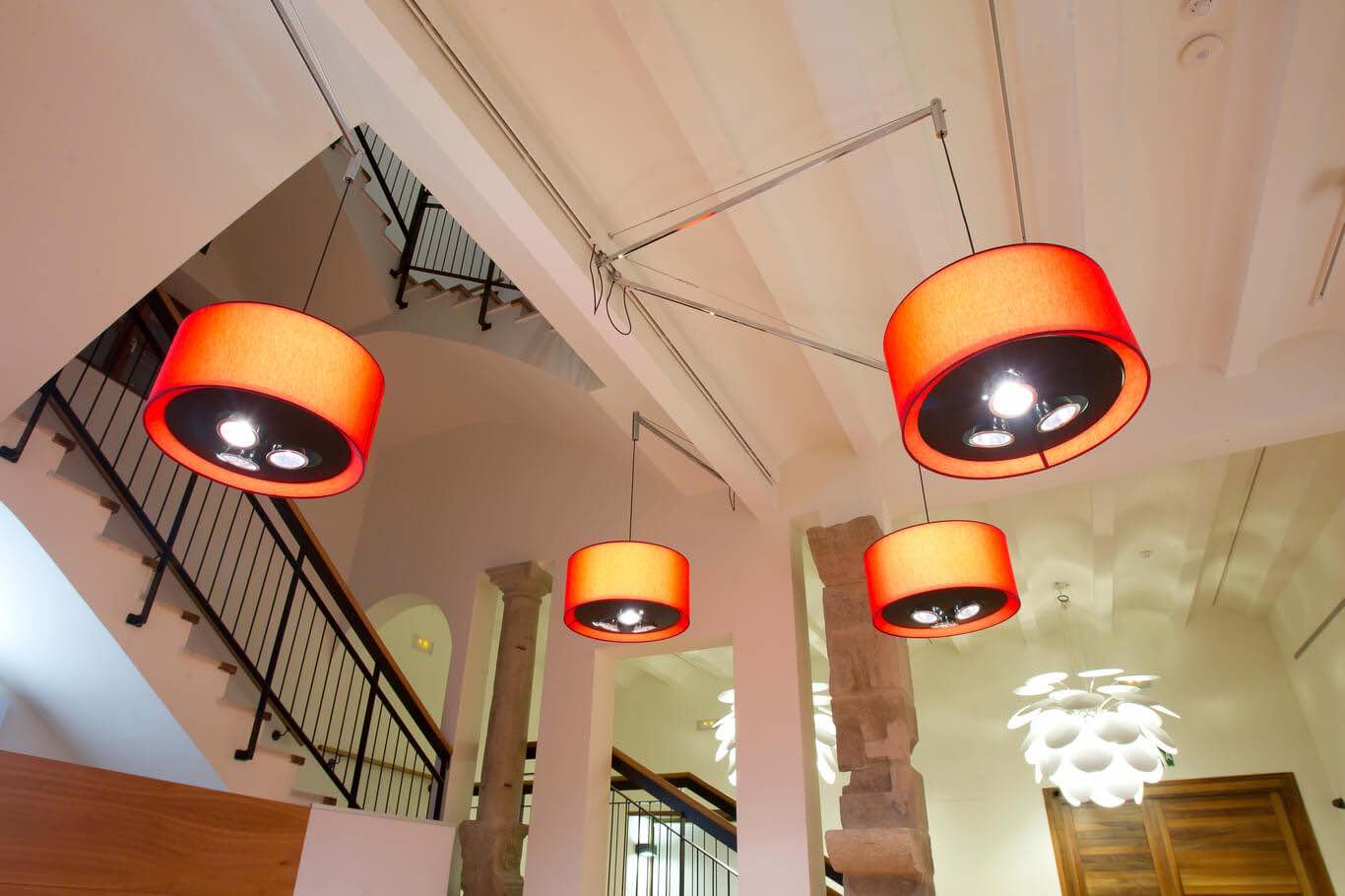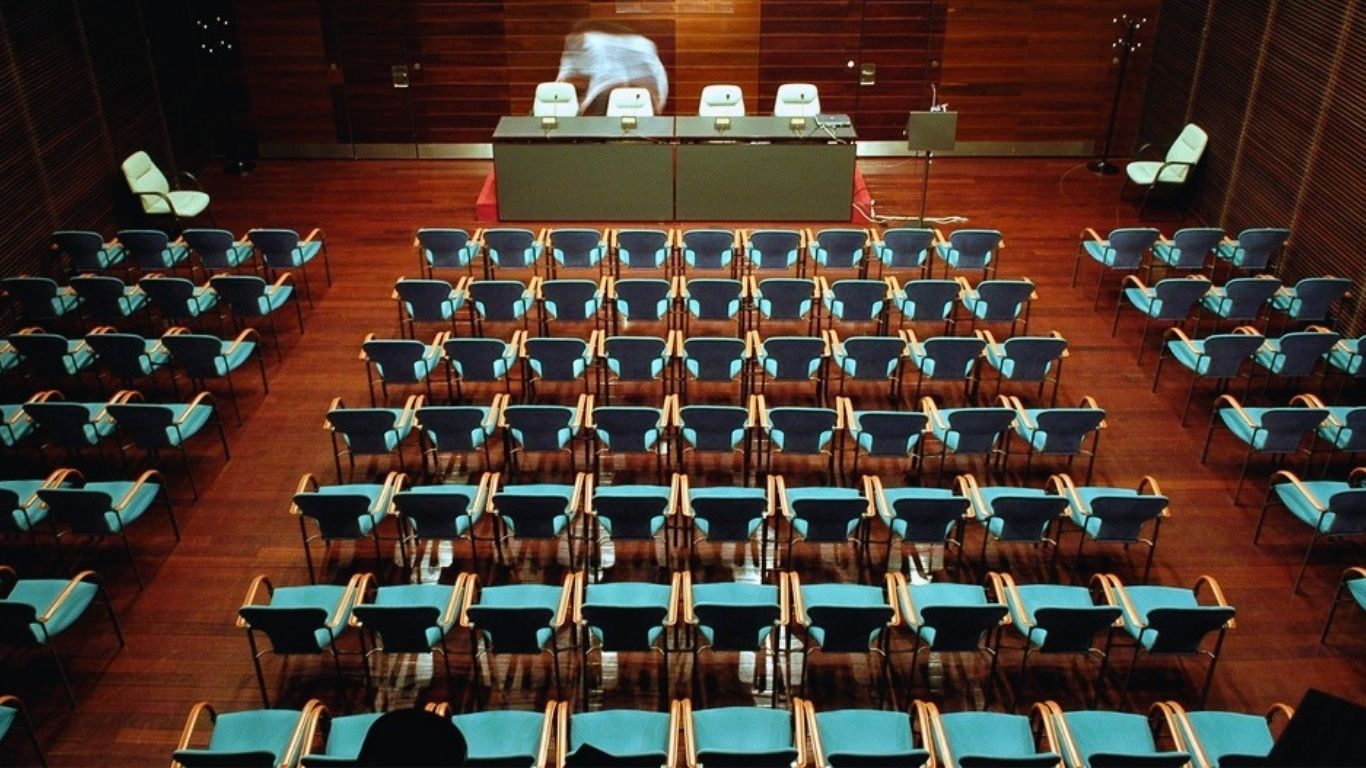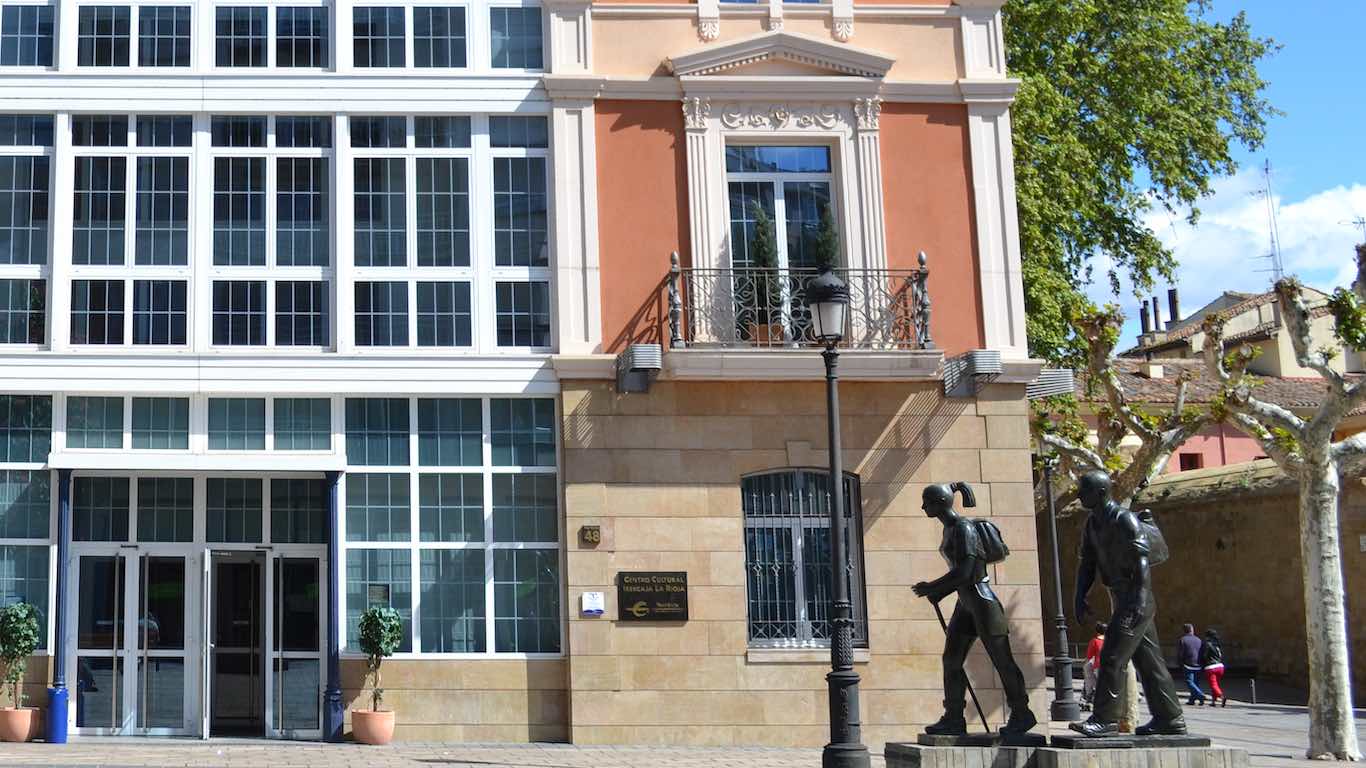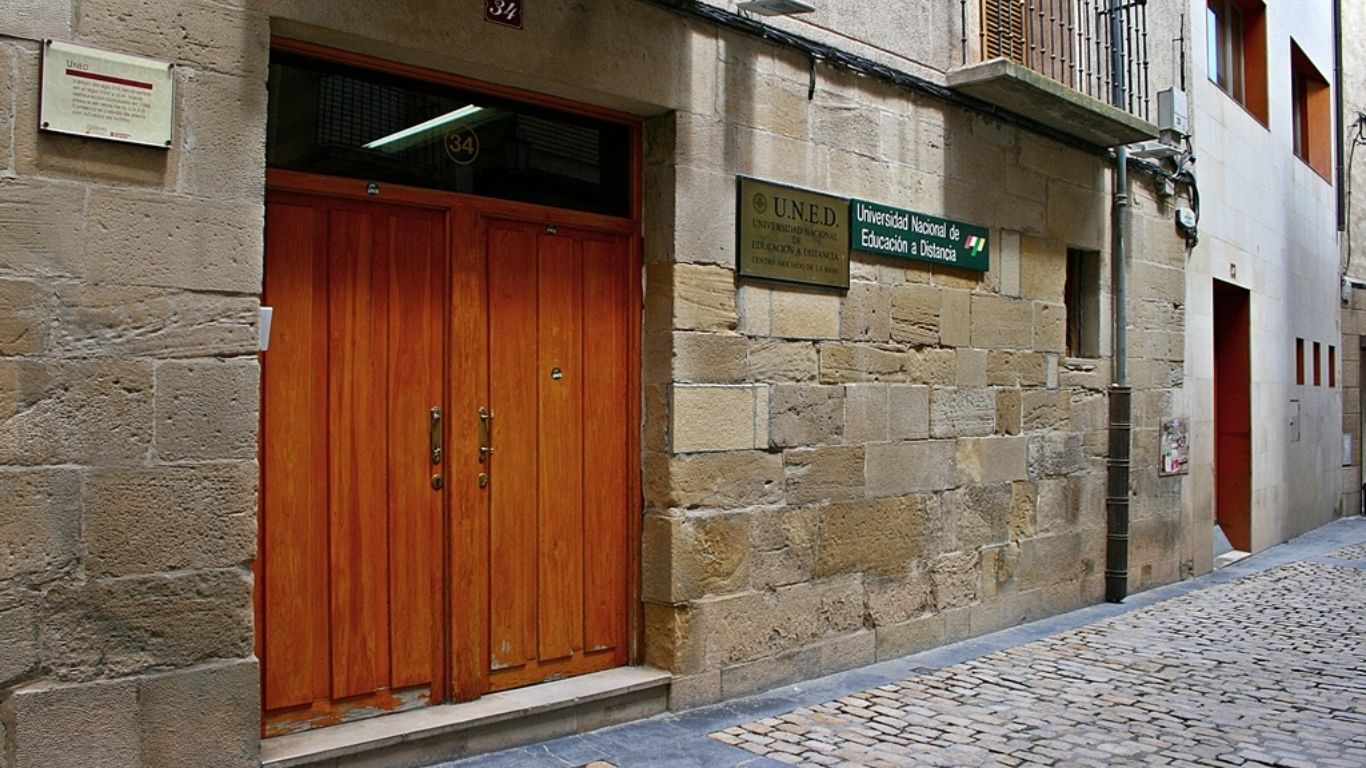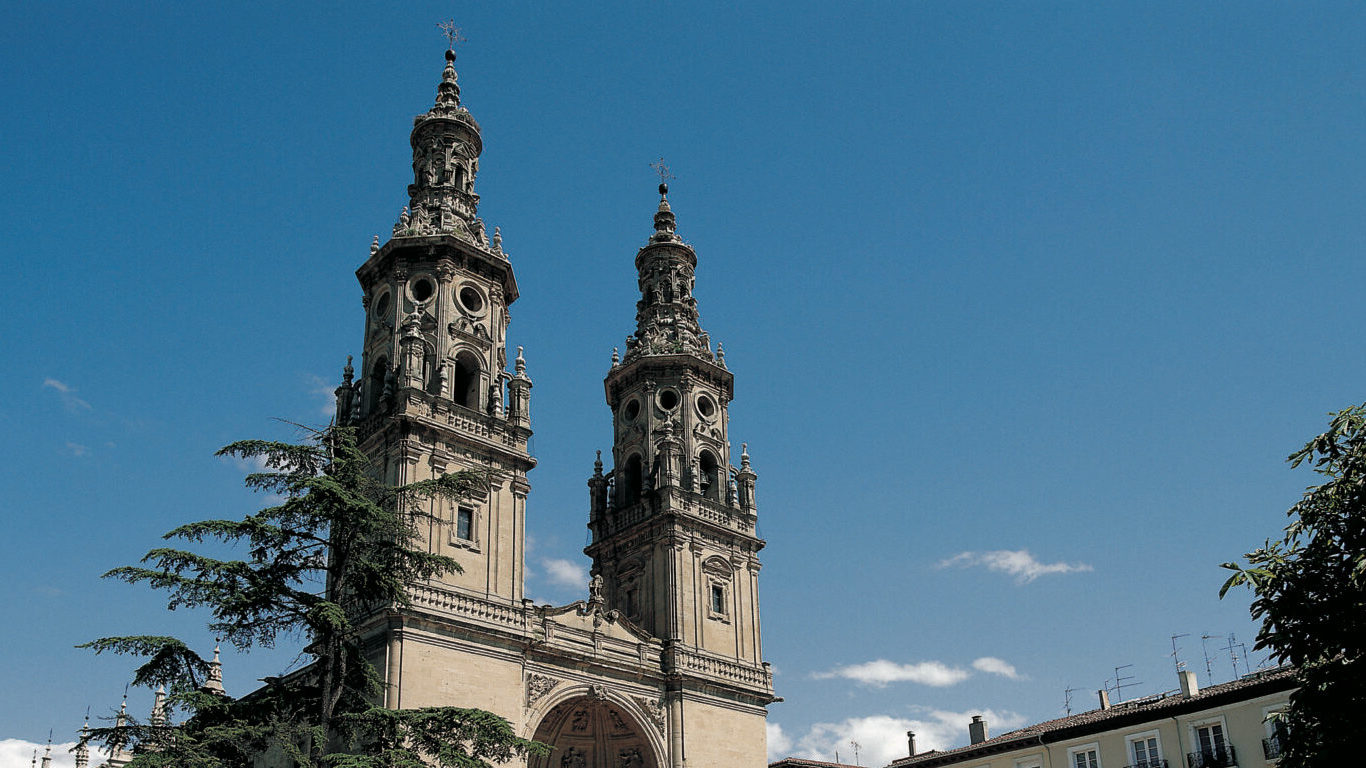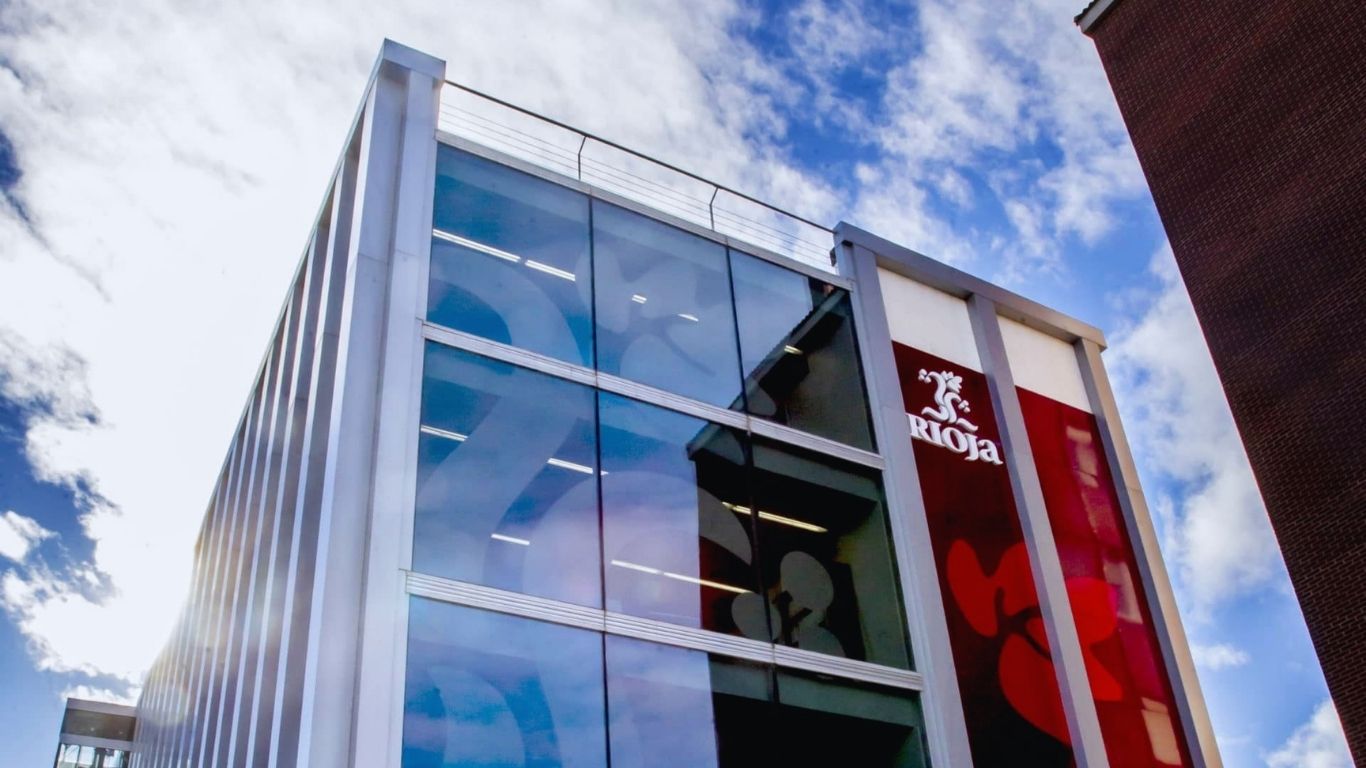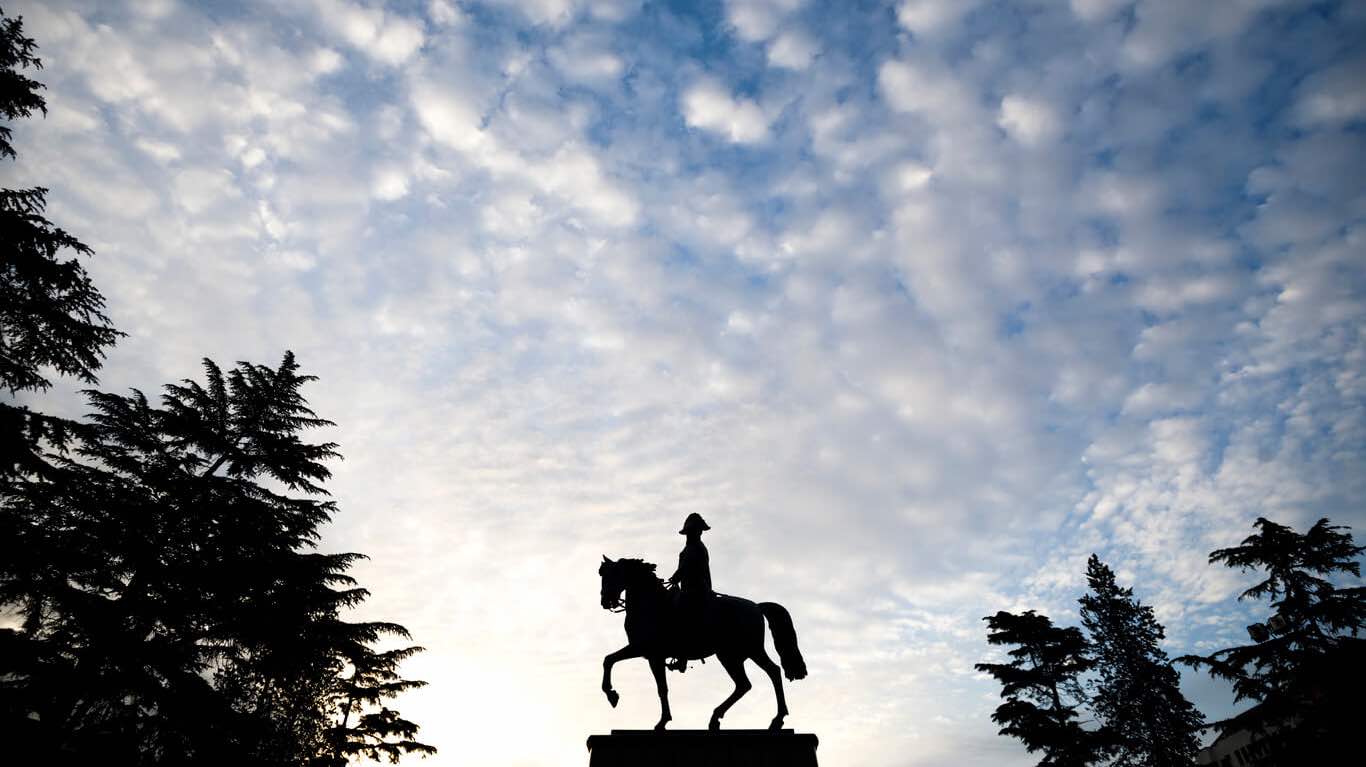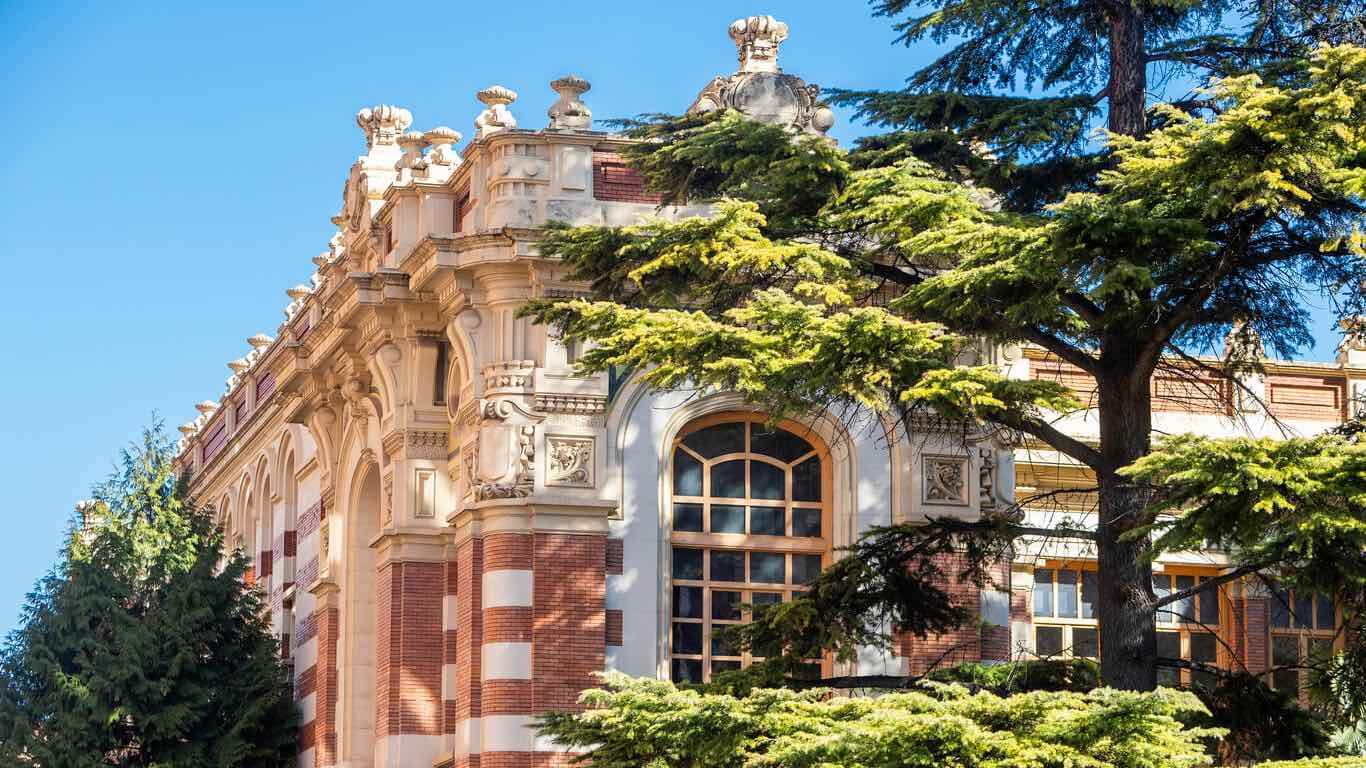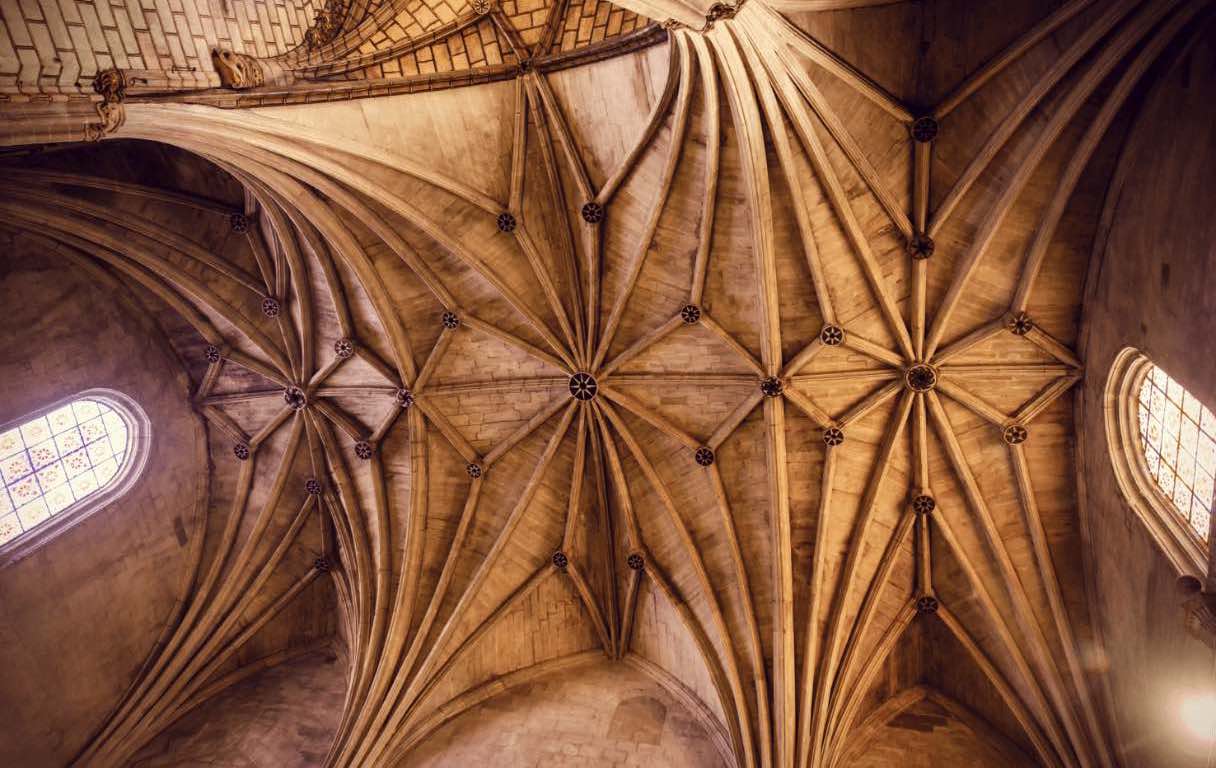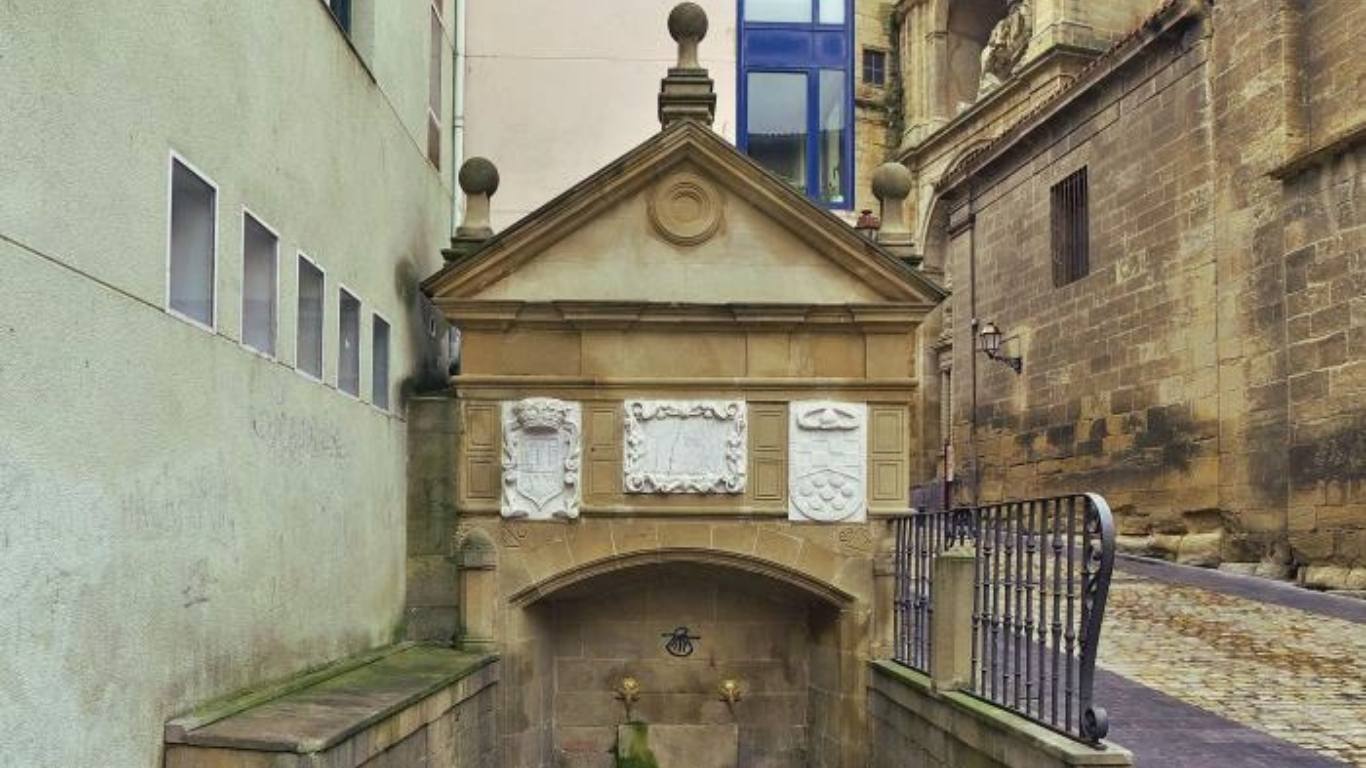What to see?
The capital of La Rioja is more than just a setting for wine tastings, it is not just a place where you can enjoy one of the most renowned Spanish designations of origin: it is an Oenopolis, a city that lives by and for wine. To see for yourself, just visit the Bodegas de Logroño association member establishments.
The history of the Stone Bridge of Logroño is closely linked to the history of the city.
A place of tapas par excellence, Calle Laurel (Laurel Street) is an essential visit for those who want to enjoy the gastronomic essence of the region. Tapas, pinchos and ‘raciones’ accompanied with good riojas make La Laurel stand out as an unforgettable experience.
Talking about restaurants in Logroño is something as spontaneous as the act of eating. Thanks to the number of good quality restaurants offered by the capital of La Rioja. The word culture has many meanings in the city of Logroño, and one of the most clearly recognisable is centred precisely on its cuisine.
Also known as Plaza de Abastos (Abastos Square), the San Blas Market was for a long time the nerve center of local commerce.
The Old Town of Logroño treasures the history of the birth and the memory of the development of the city.
The reproduction of reality in miniature is a practice and a form of expression that has accompanied the human being throughout its evolution throughout history.
The Provincial Historical Archive of La Rioja (AHPLR) has the mission of collecting, conserving, organizing, disseminating the centenary notarial and registry documents of the province, as well as those generated by the Delegated Administration of the State in the Autonomous Community in its phase intermediate and historical.
Good winegrowers bring the landscapes of their vineyards to the bottle and make us dream of those lands.
The Rafael Azcona municipal library inaugurates ArteFáfrica, an art room to create and develop works related to illustration and the arts of the book.
The Camino de Santiago enters the city of Logroño through Ruavieja street, where you can find the hermitage or chapel of San Gregorio, practically rebuilt in the same place where the previous one was.
The Logroño Cemetery, almost two centuries old, has great historical and artistic interest.
The Theatre Gonzalo de Berceo is home to the Rafael Azcona Film Library.
The building of the Town Hall of Logroño is the work of Rafael Moneo, one of the best known and most valued current Spanish architects.
The current building of Bodegas Campo Viejo was designed in 2001 to celebrate the harmonious balance between oenology, architecture and sustainability.
Viña Ijalba It is a family winery in its third generation. Founded by Dionisio Ruiz Ijalba, who in 1975 made the decision to recover his old stone quarries by starting the planting of vineyards in them.
Bodegas Olarrais located in Logroño, in the heart of the Rioja Qualified Designation of Origin and within the Rioja Alta sub-area.
On the banks of the Ebro river, the privileged location of Bodegas Franco-Españolas allows you to arrive in a short walk from the historic center of the city of Logroño, without the need to drive a car.
Bodegas y Viñedos Marqués de Vargas is the product of the work of four generations devoted to the production and commercialization of excellent La Rioja wines.
The origin of Bodegas Marqués de Murrieta is linked to the origin of Rioja wines.
The Pérez Cuevas family has been connected with their vineyards history for more than eighty years in Bodegas Ontañón. In the early years, they made their wines in their hermitage-type winery located in the Barrio de Bodegas de Quel, following a tradition of more than three hundred years.
Bodegas Valoria is located just five kilometers from the center of Logroño, on the Camino de Santiago and very close to the La Grajera Natural Park and the Institutional Winery of the Autonomous Community of La Rioja.
In Logroño you can visit the cellars that since the Middle Ages and the Renaissance have been used for the production and aging of wine.
The old Palace of the Marqués de Legarda (built in the 18th century, although it probably already existed in the 16th century) is today the seat of the Official College of Architects of La Rioja.
Known familiarly to the people of Logroño as the “Electra building” on Sagasta street this building was projected at the end of the 19th century to house the Electra de Recajo in 1896 (hence its name).
The calados are the old underground cellars that, together with wine presses and other wine infrastructures, were common in old town Logroño since the 16th century.
The Casa de la Danza is located in the Old Quarter of Logroño, on Calle Ruavieja, with access from Calle de San Gregorio.
The gradual transformation of Calle Portales probably started in the 15th century.
When the pilgrimages to Santiago began in the 10th century, the cities located on its route took a leap towards modernity.
The House of Image occupies an old building in the historic center of Logroño. It was restored to dedicate it entirely to photography and video.
The building of the House of Journalists, located opposite the Church of San Bartolomé, is the headquarters of the Association of the Press and College of Journalists of La Rioja.
Mateo de Nuevas (Logroño, 1687 – † ¿?) was honorary secretary of the Inquisition in Logroño and his home is located in the Camino de Santiago in Logroño old town center.
The Caja Rioja-Bankia Gran Vía Foundation Center is located in the heart of Logroño, on Gran Vía.
The Ibercaja La Rioja Center is located in a privileged environment in the old town.
The Associated Center of the UNED (distance learning university) in La Rioja is located in the Old Quarter of Logroño, in Calle Barriocepo 34.
Located in the heart of the old town, with the main façade of the church facing the Market Square and two side portals to Caballerías and Portales streets, La Redonda is surely one of the best known images of our city.
The Designation of Origin Rioja was created on June 6, 1925 and is the oldest in Spain.
The Promenade of the Prince of Vergara, known familiarly as Paseo del Espolón (Espolón Square) is the most emblematic square in Logroño.
ESDIR, Higher School of Art and Design La Rioja is an official design teaching center with 130 years of experience.
Santa María de Palacio is one of the four churches in the Old Town of Logroño.
The Camino de Santiago when entering the urban area of Logroño takes us to the Church of Santiago and the Pilgrim’s Fountain, which has so often calmed the thirst of city walkers and peregrinos (pilgrims in Spanish).
